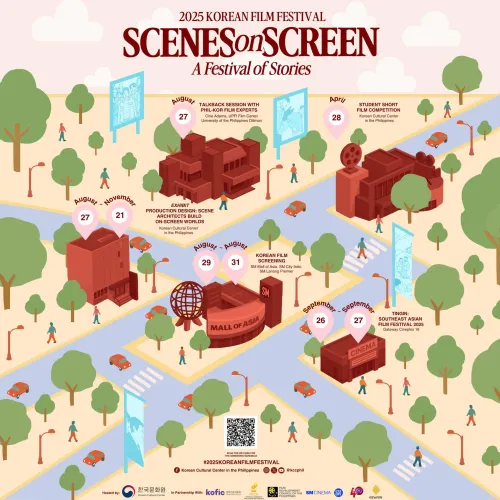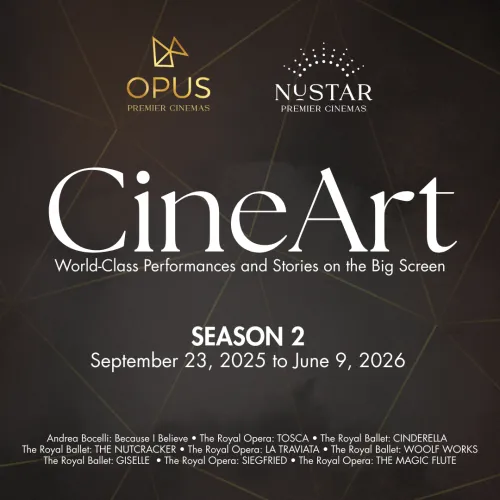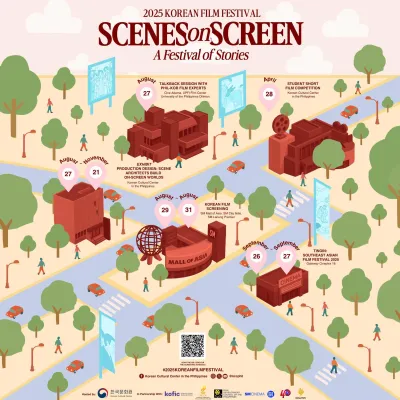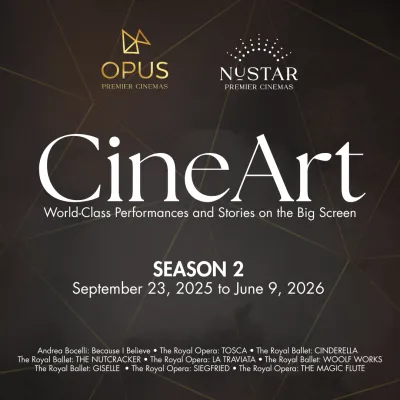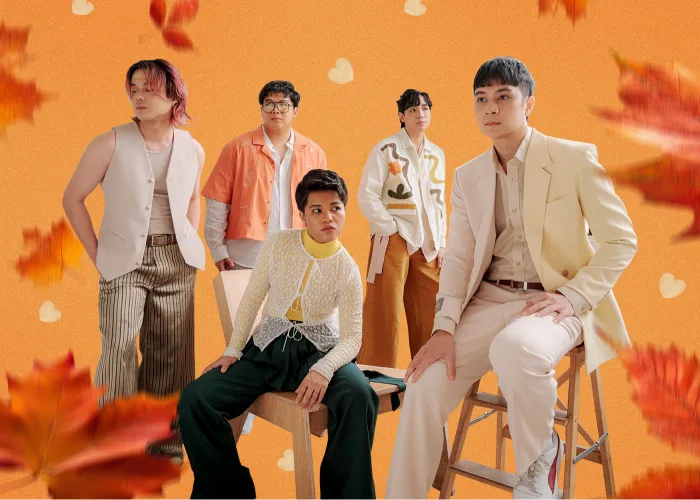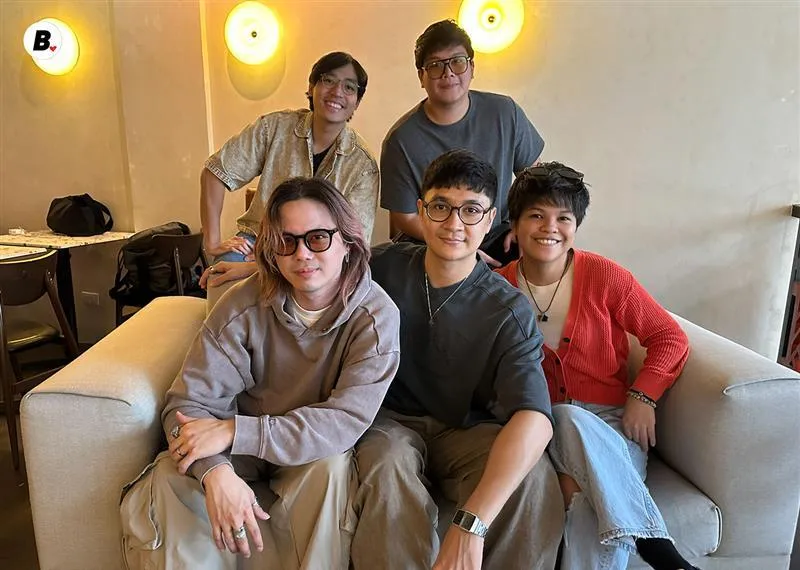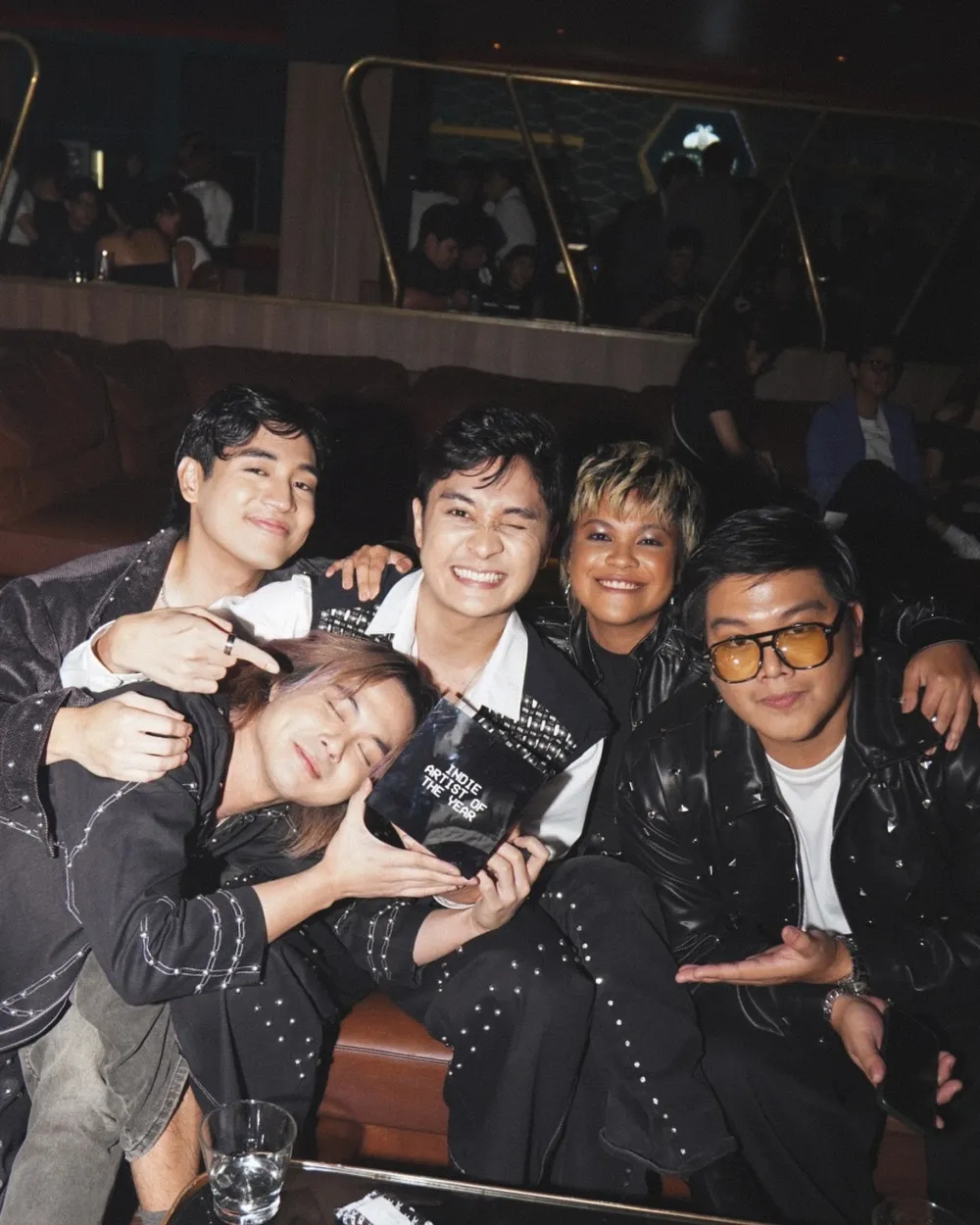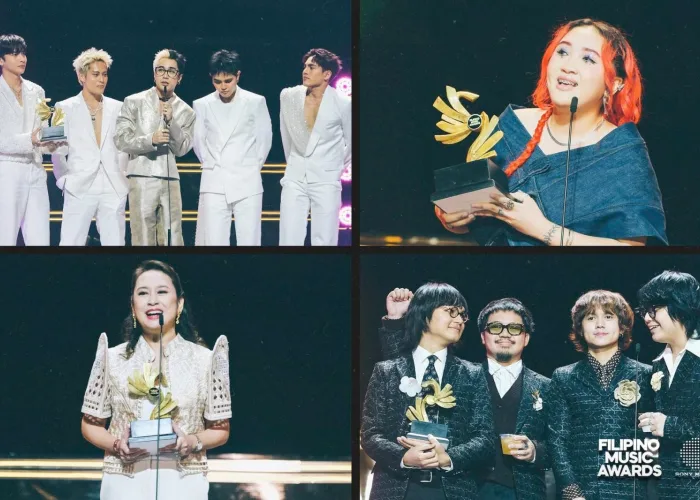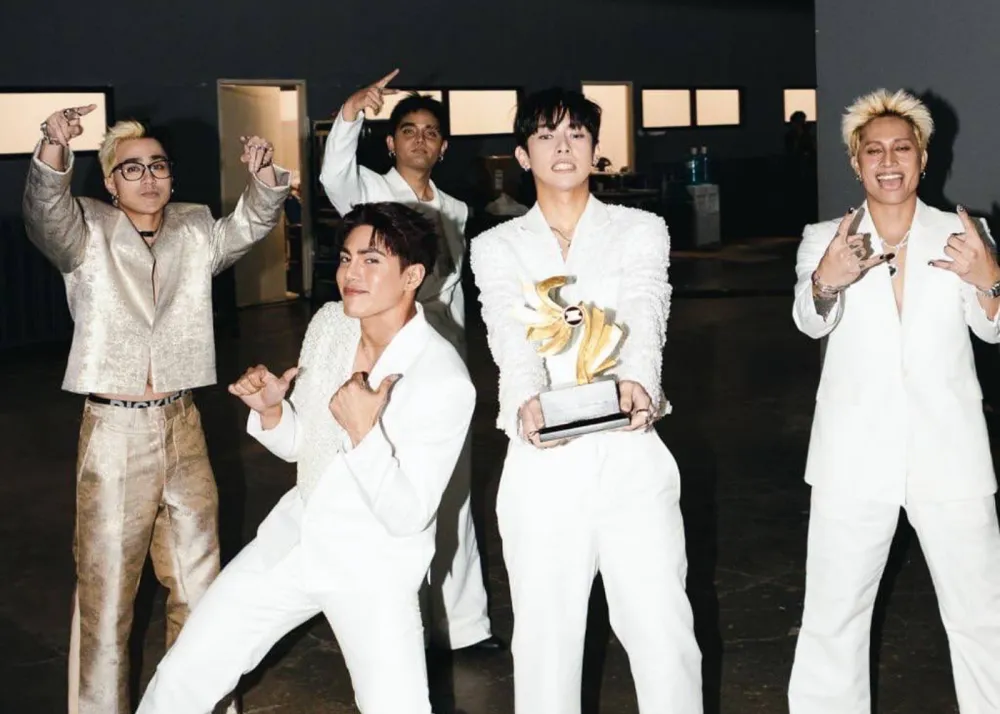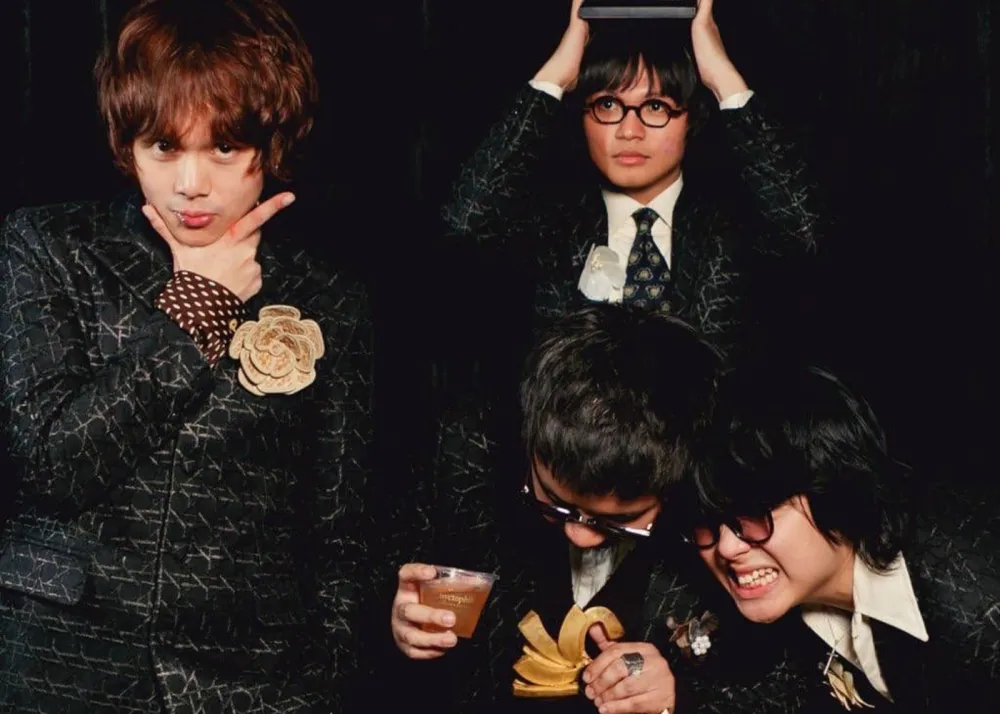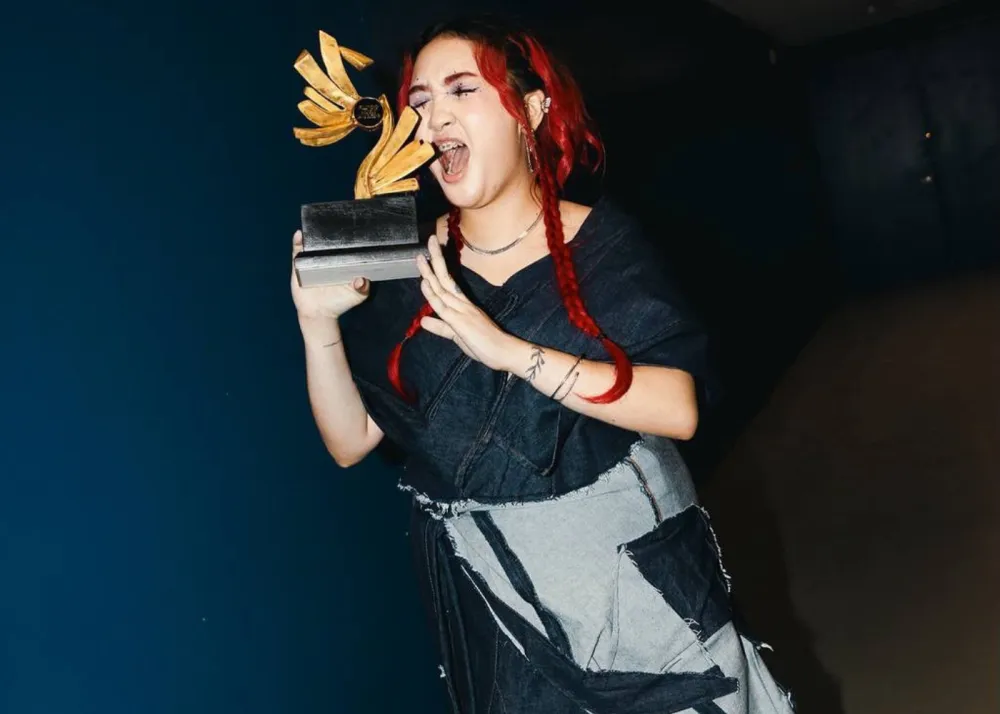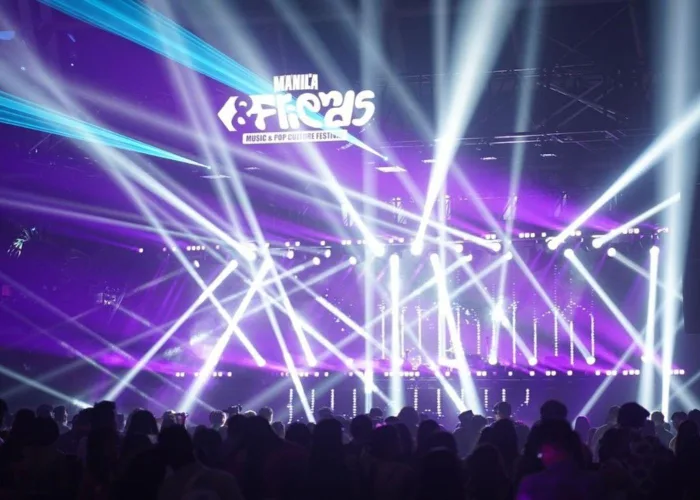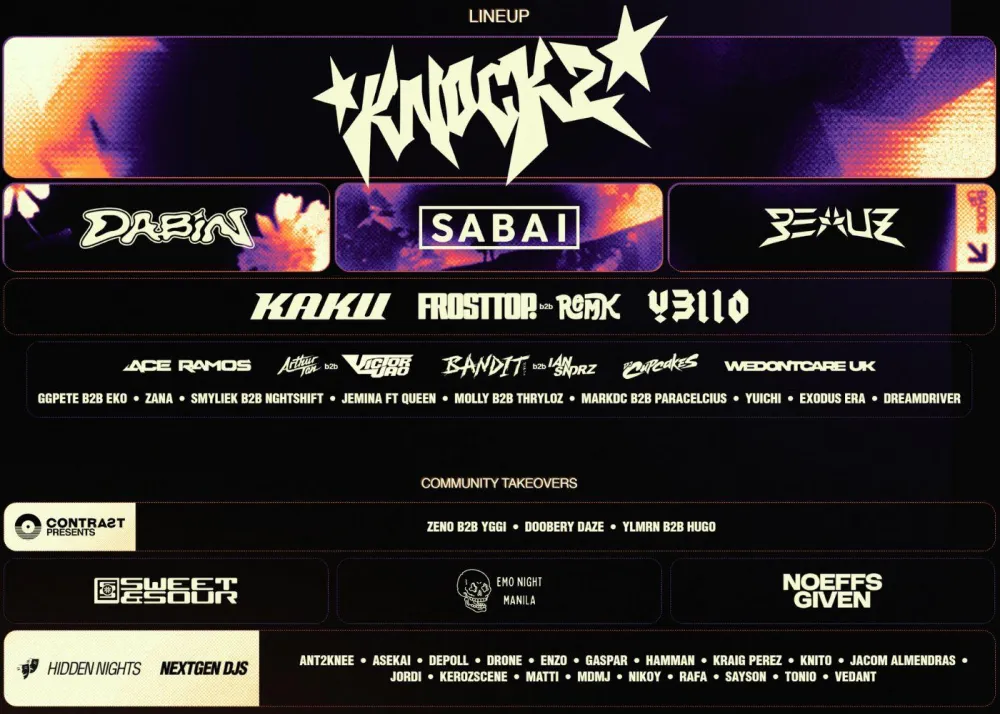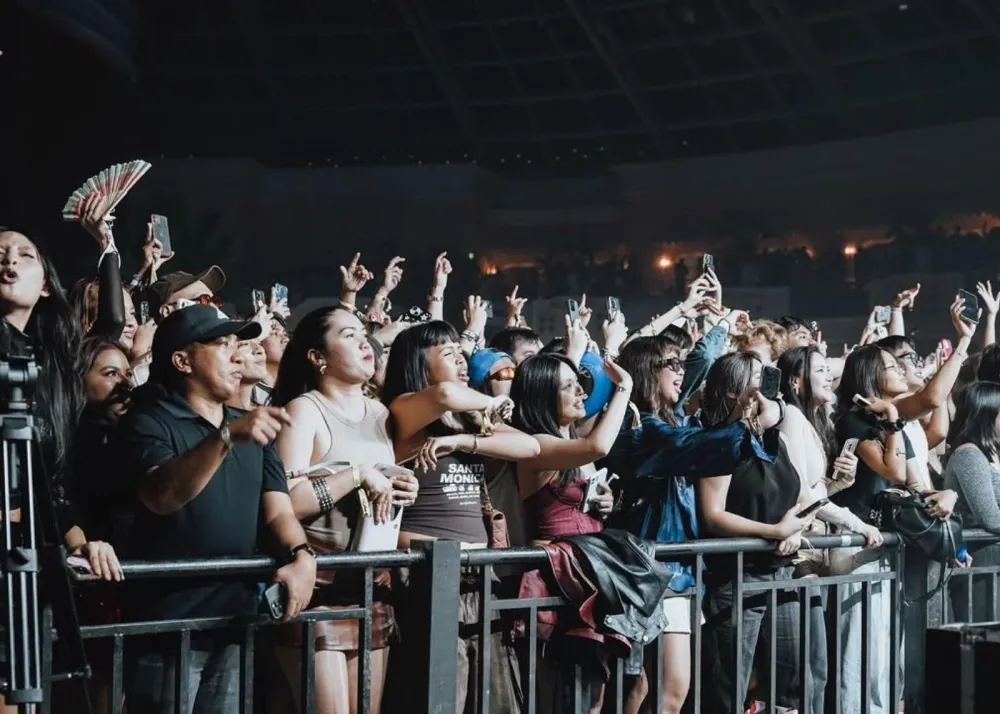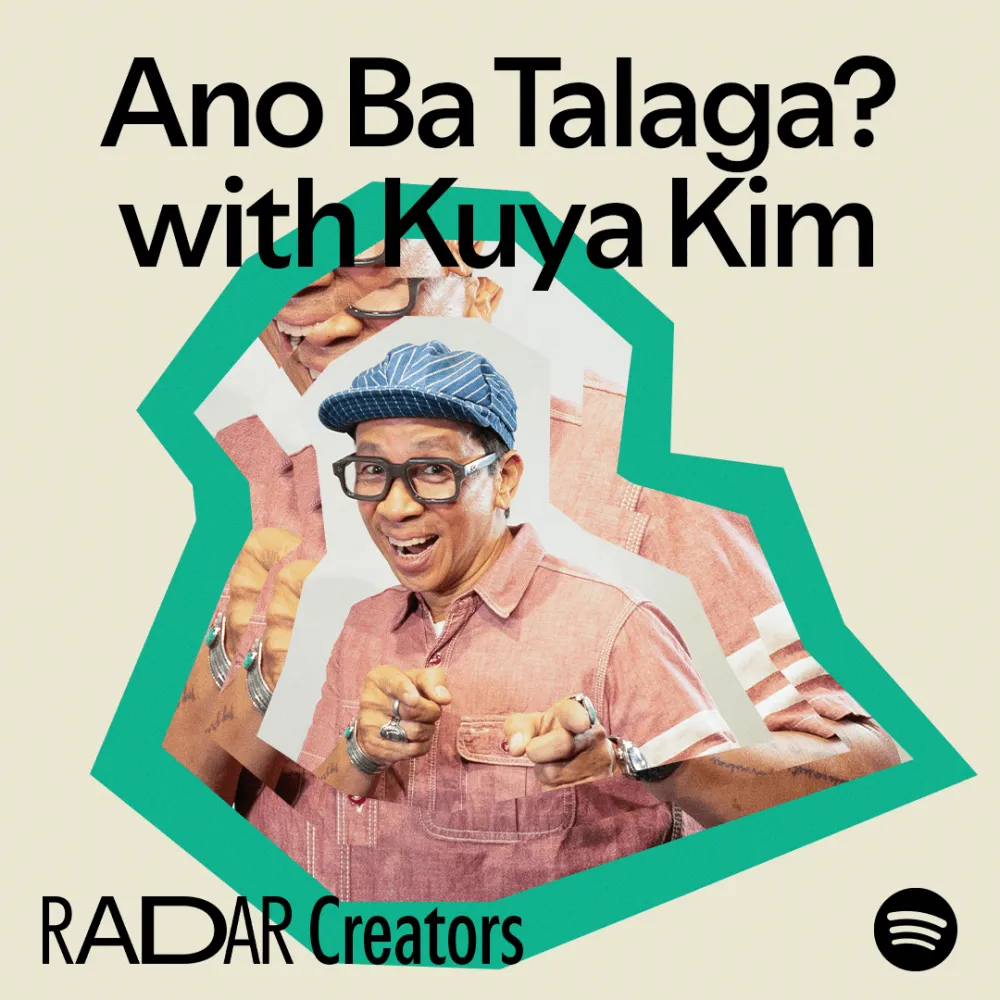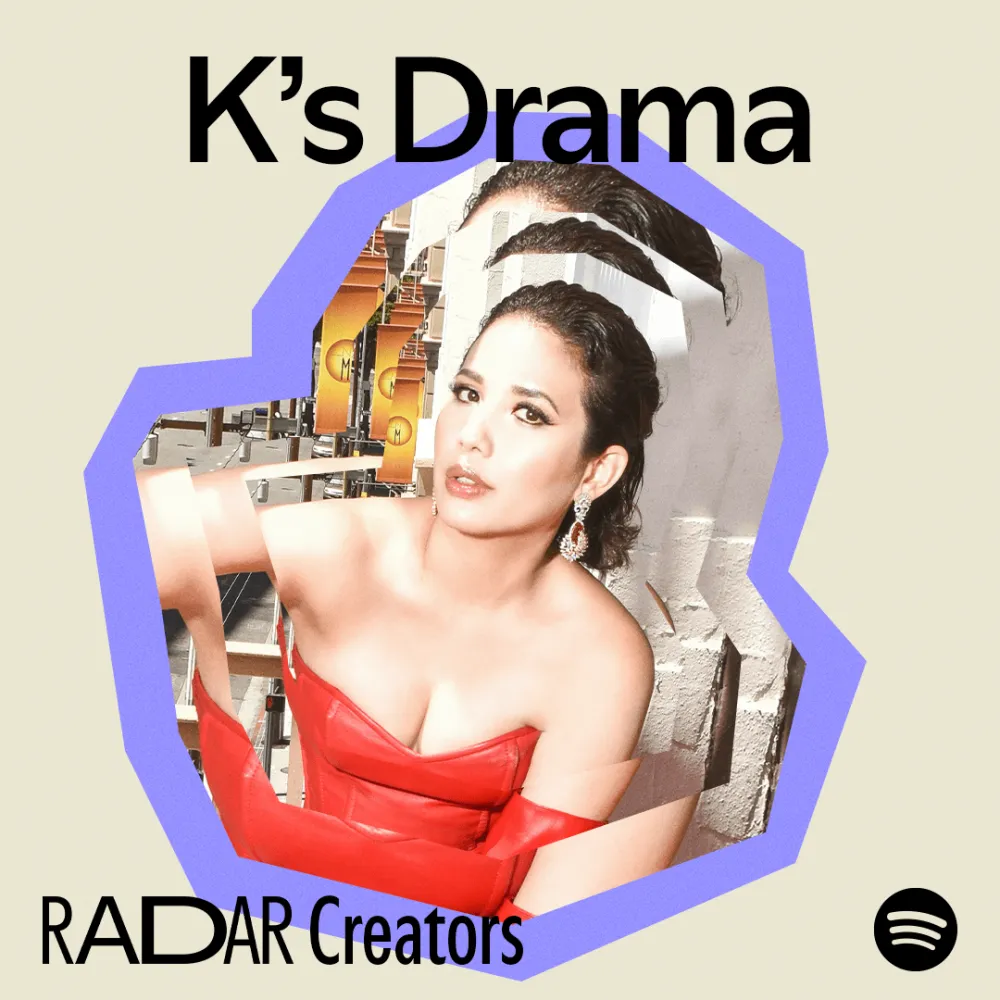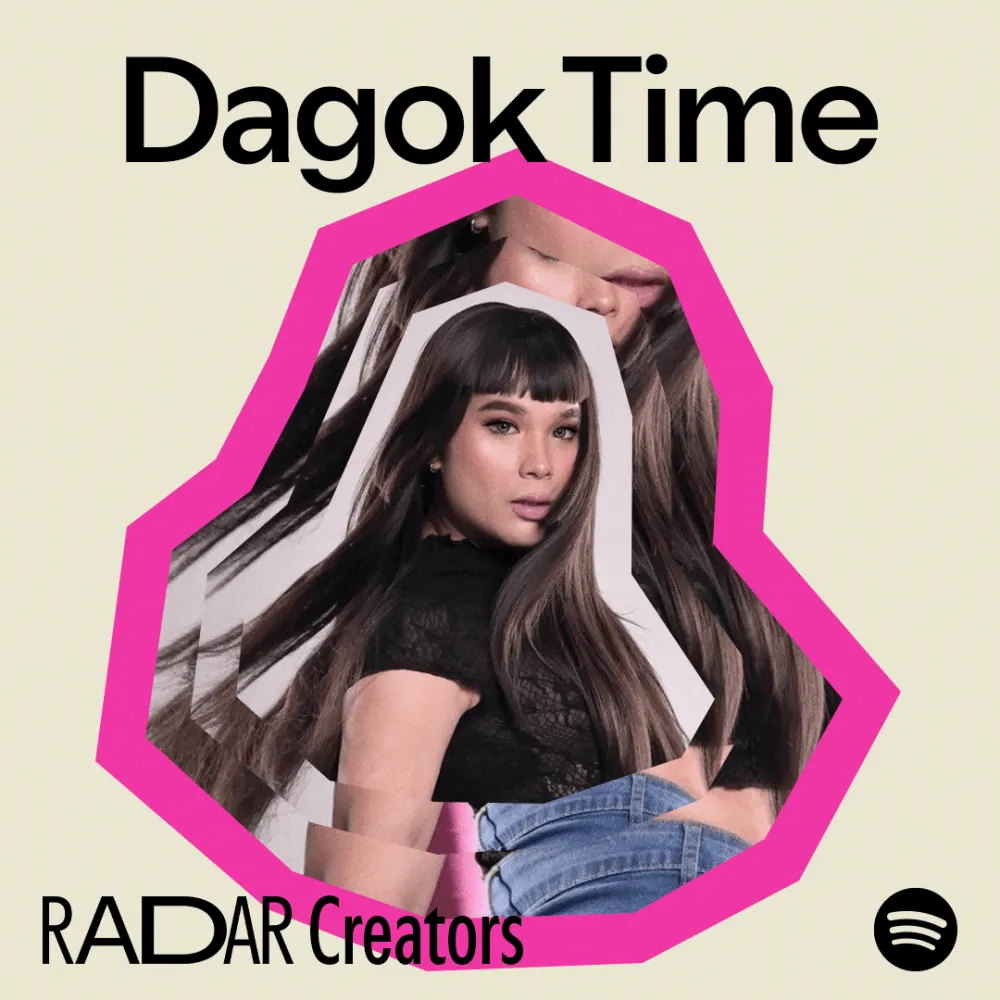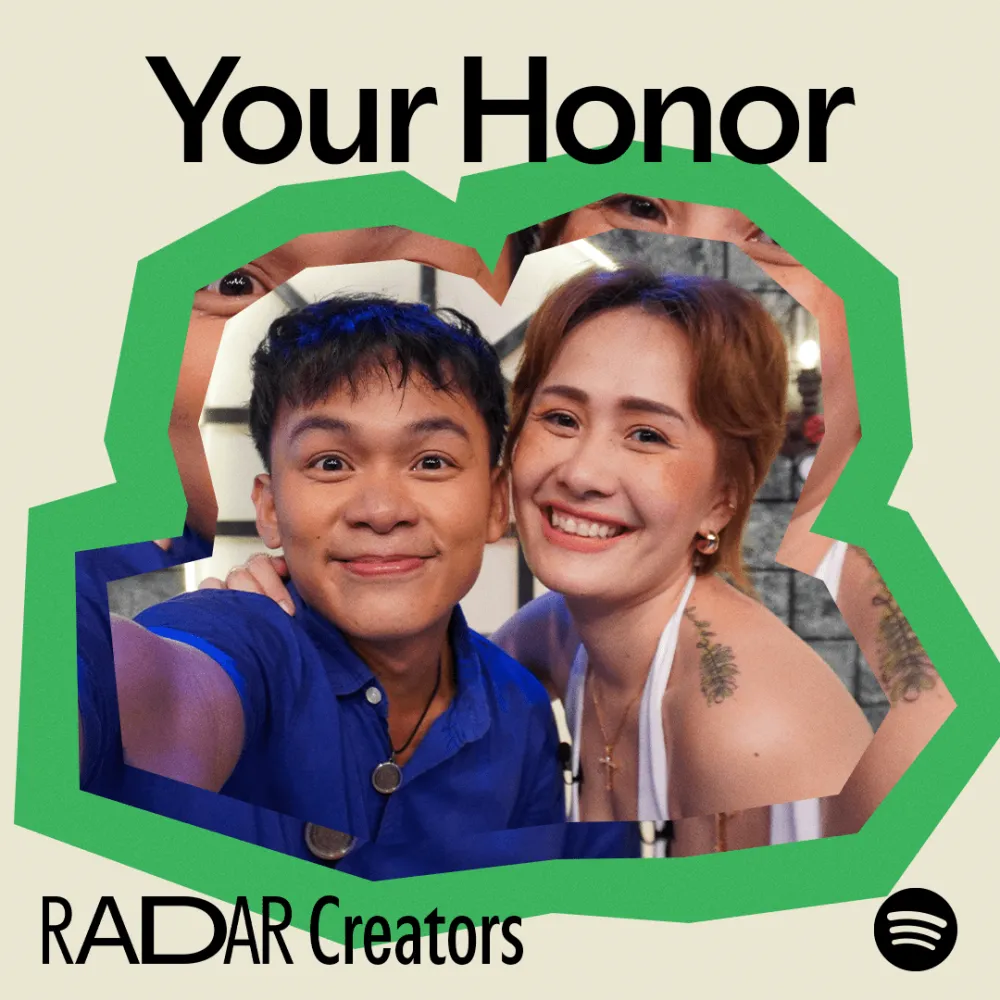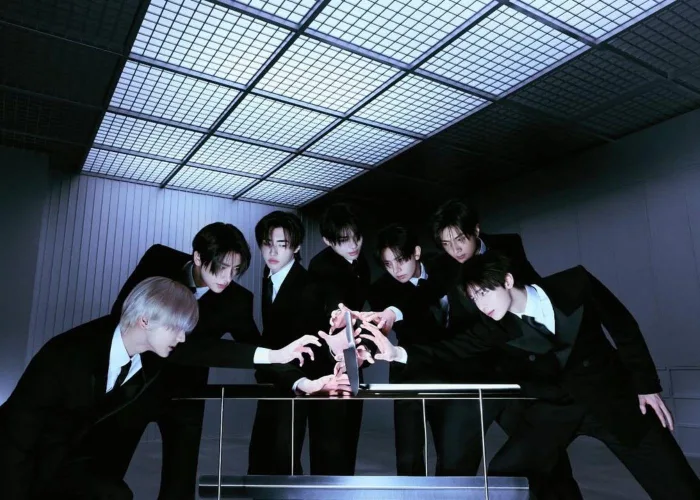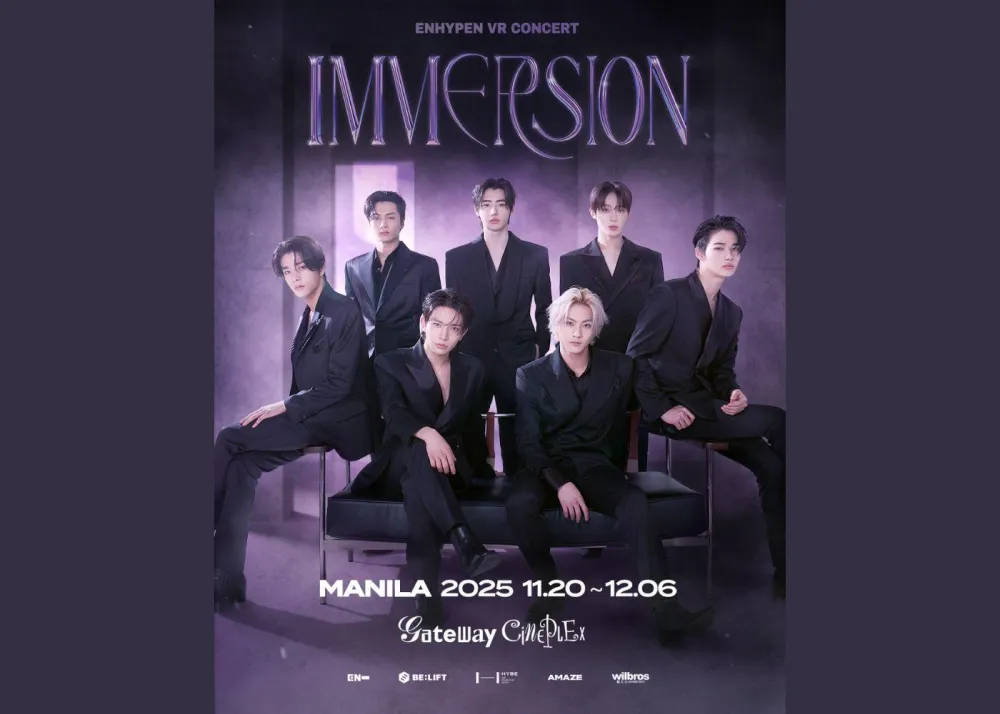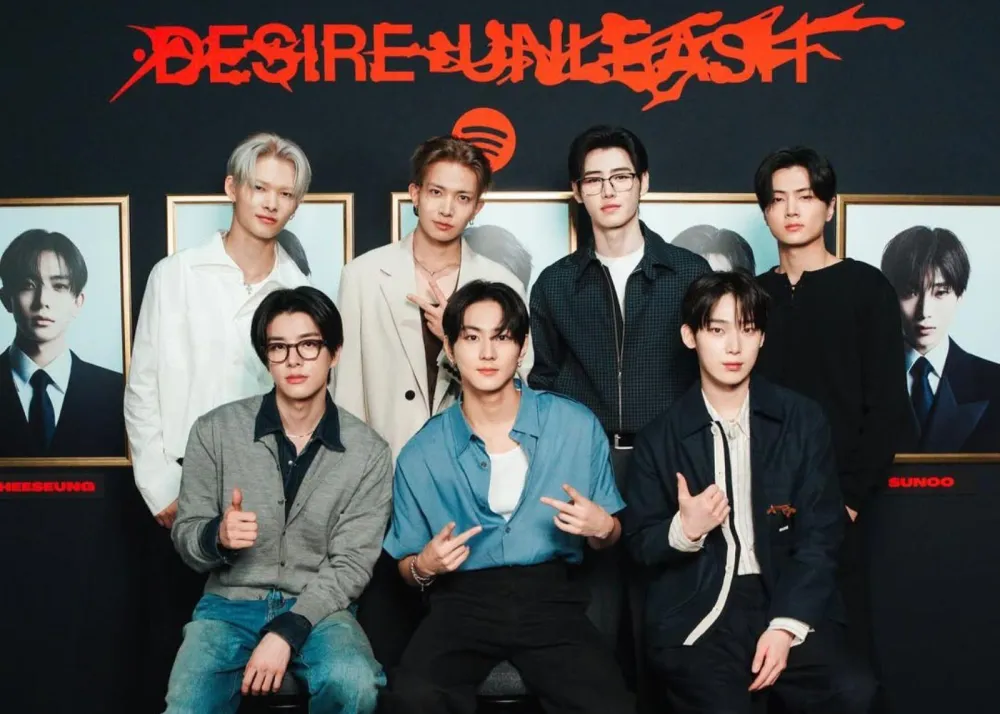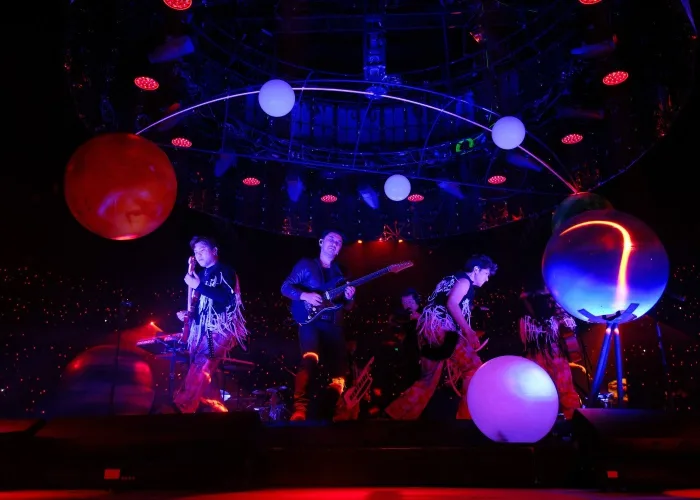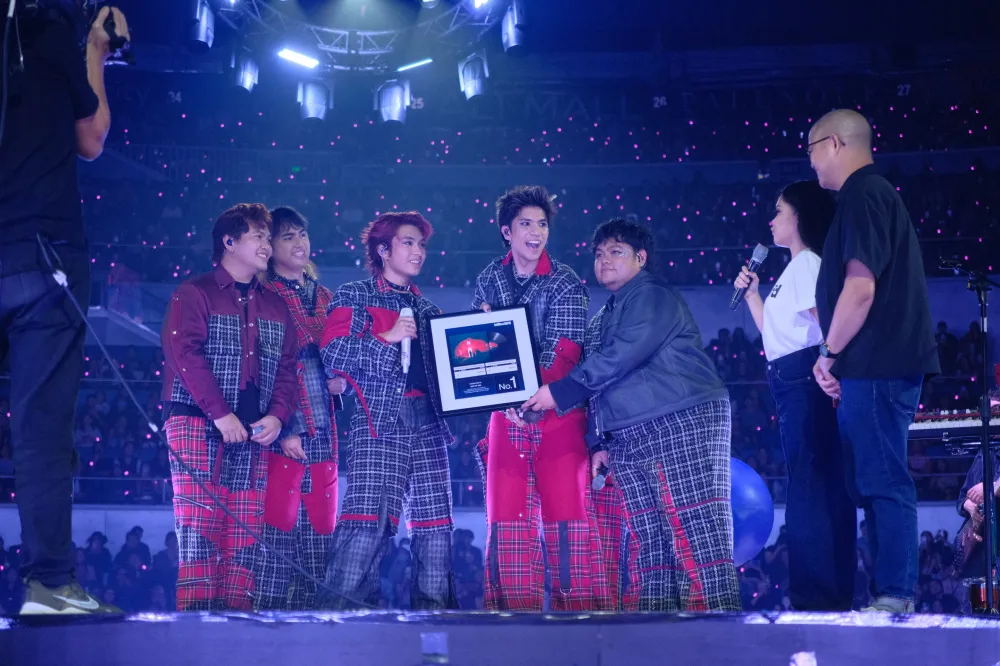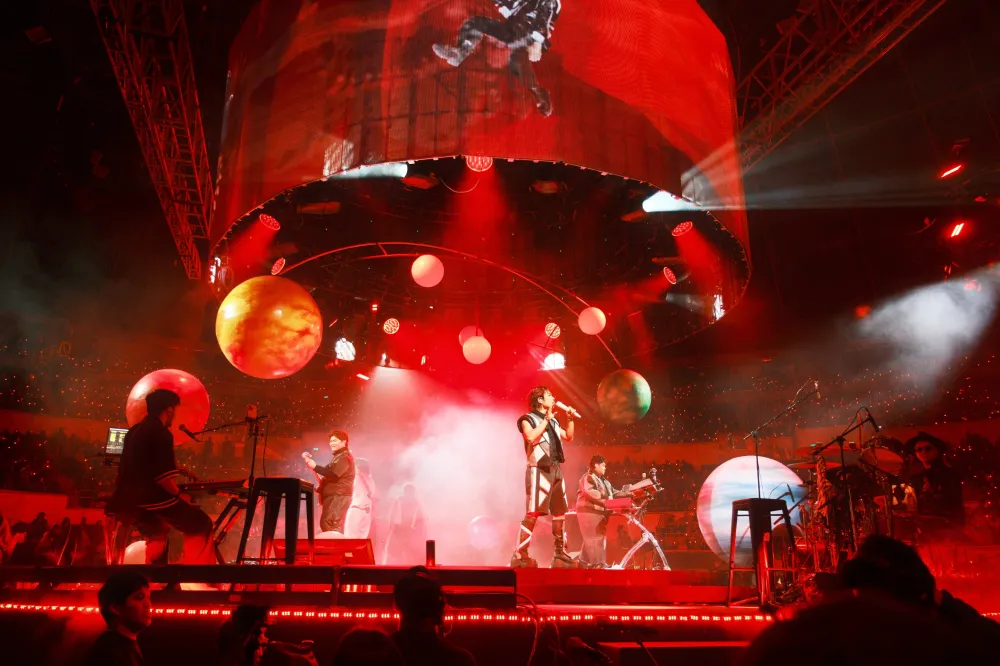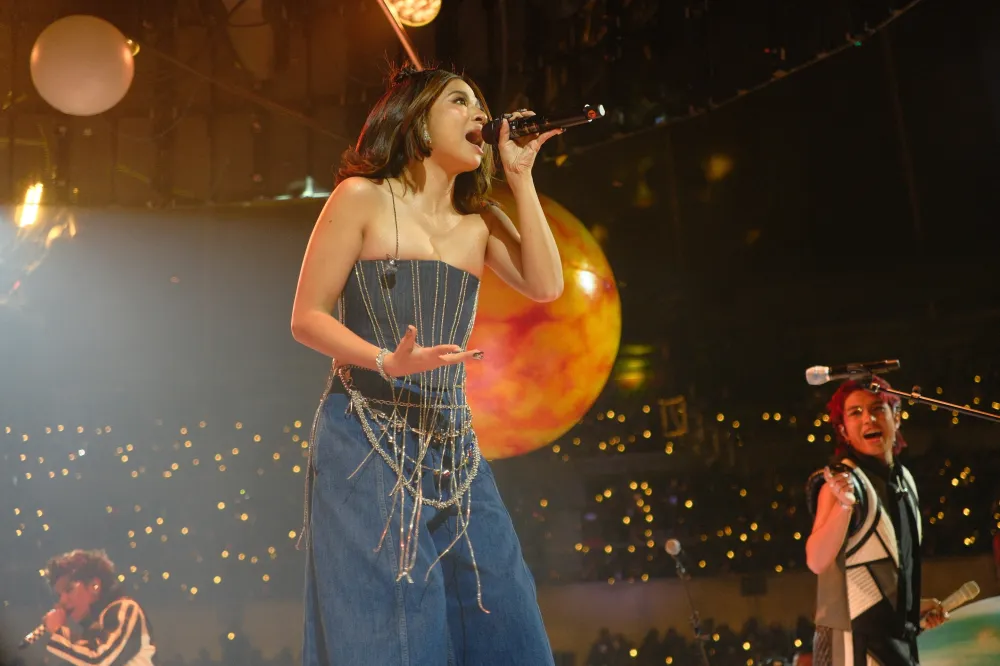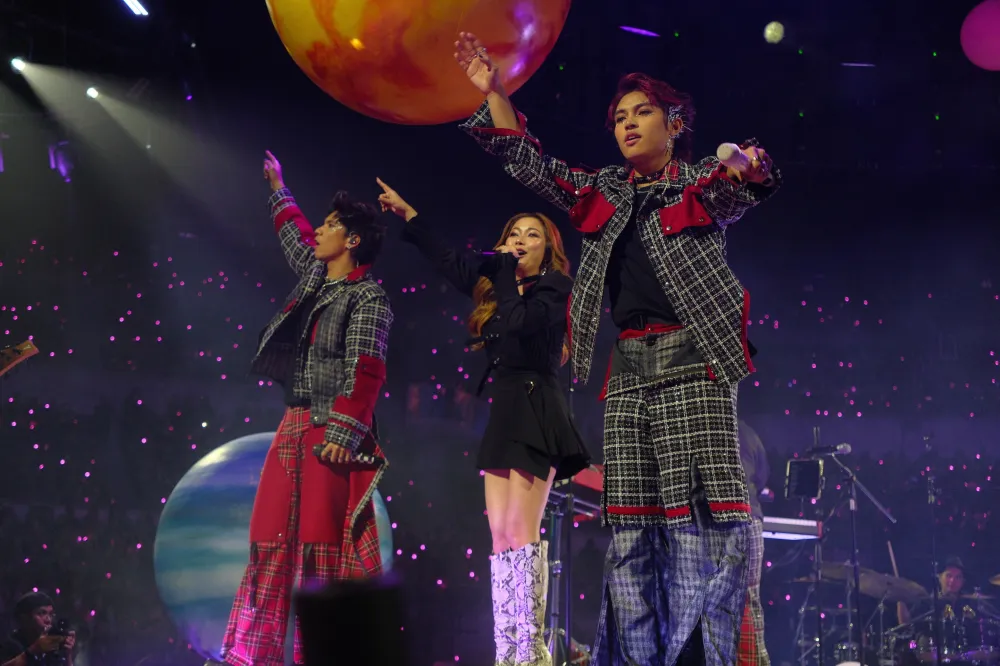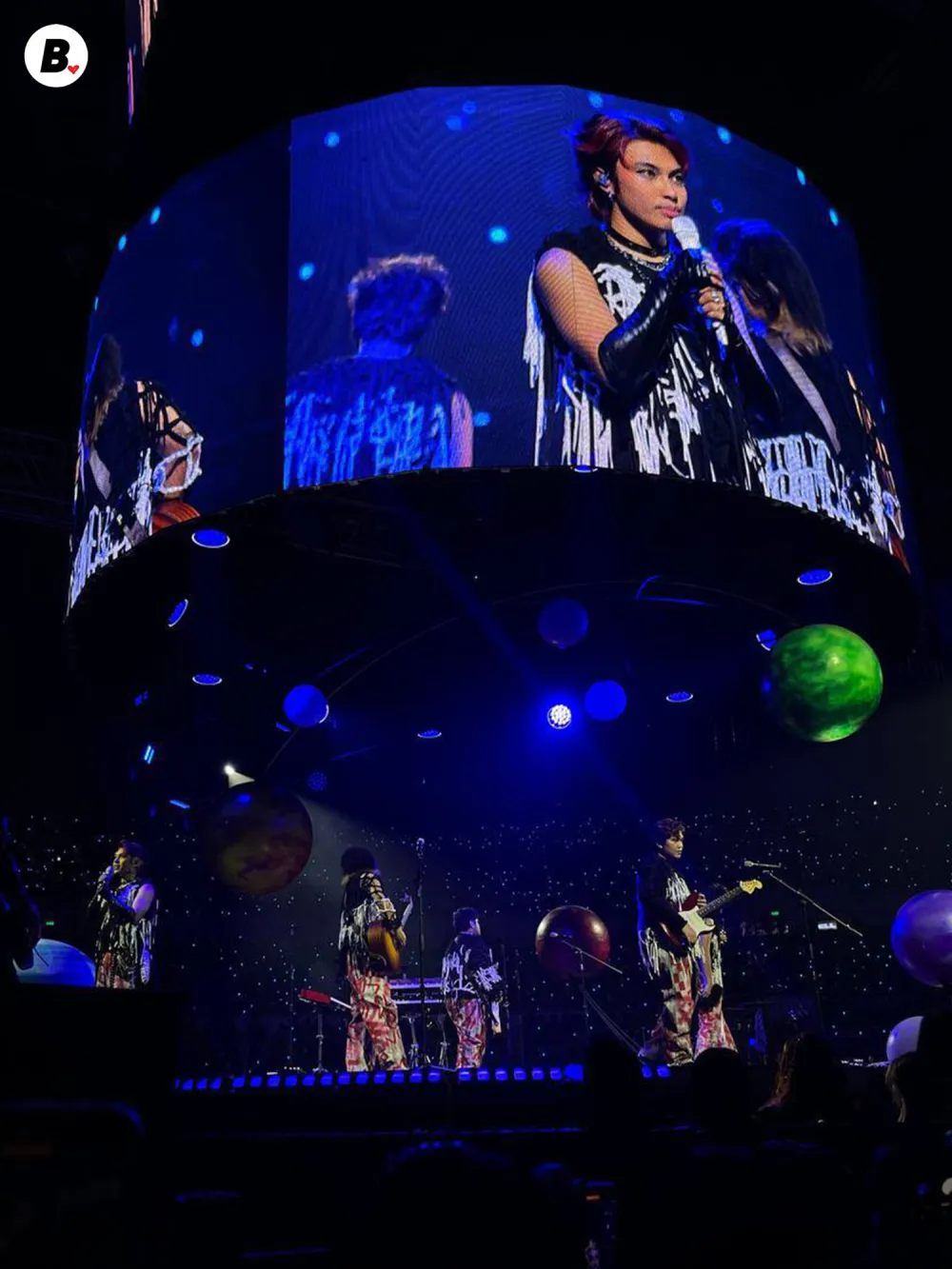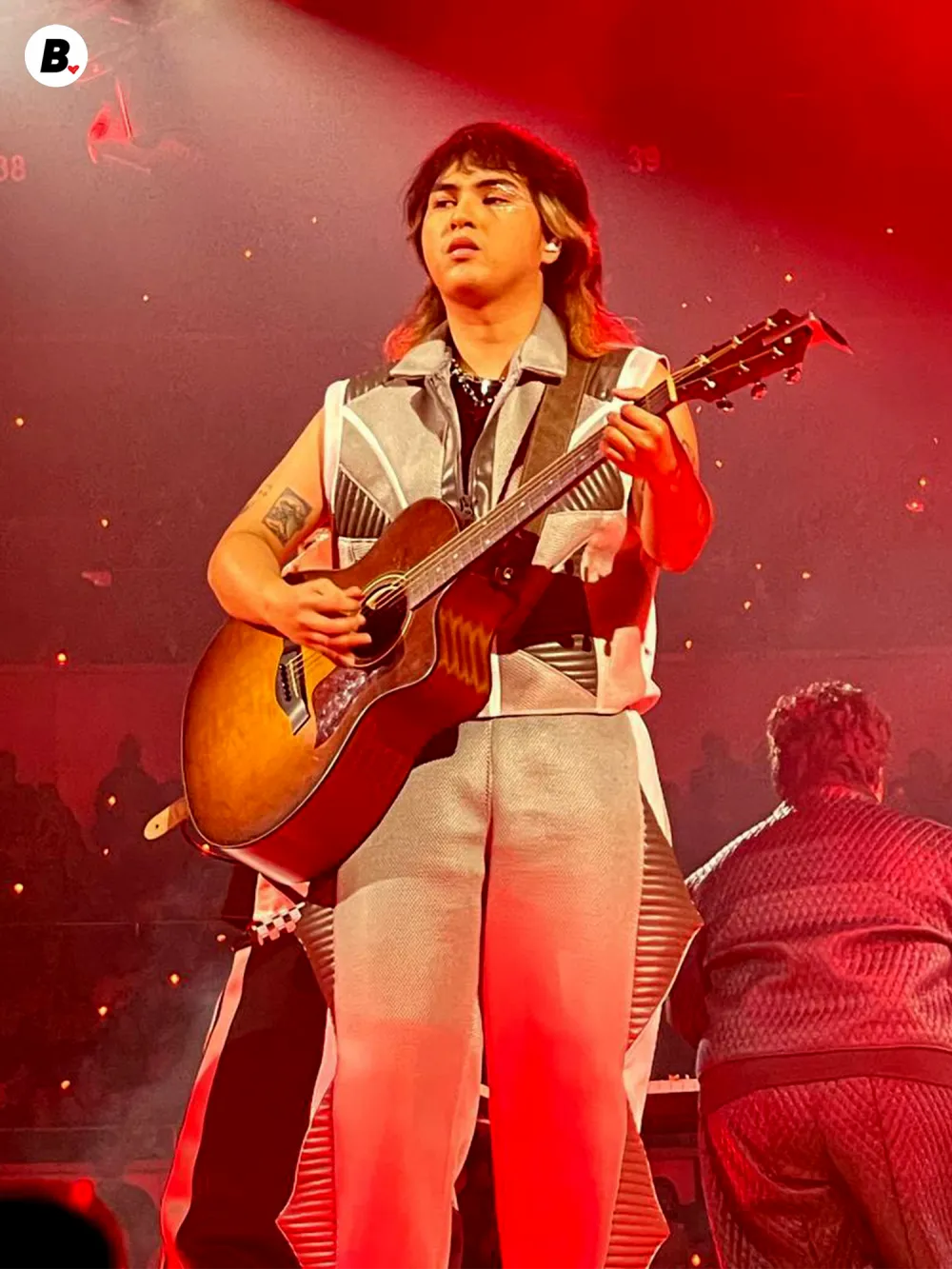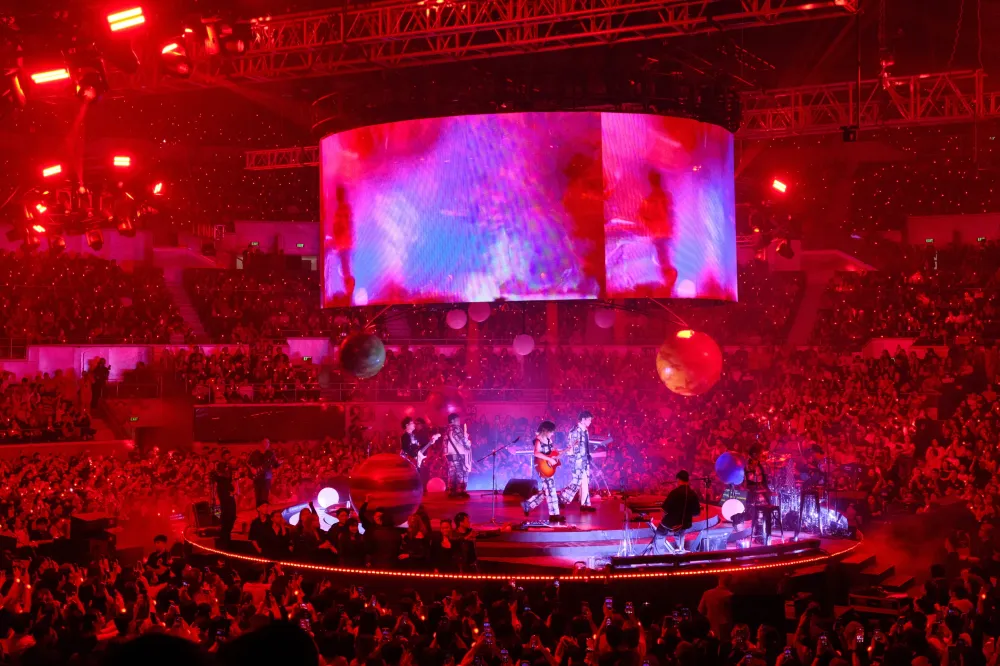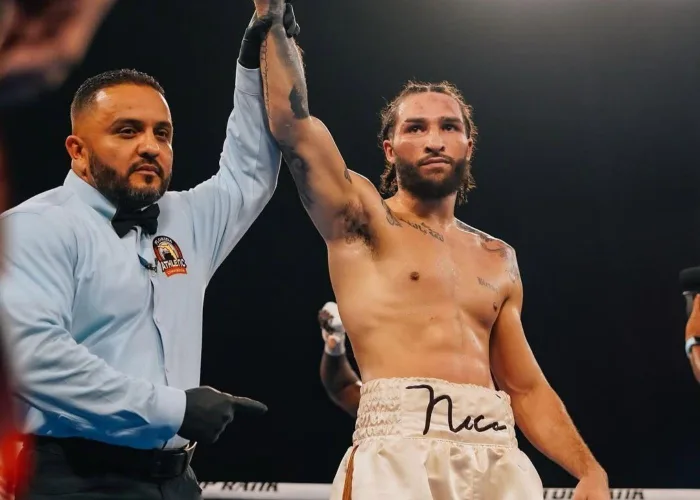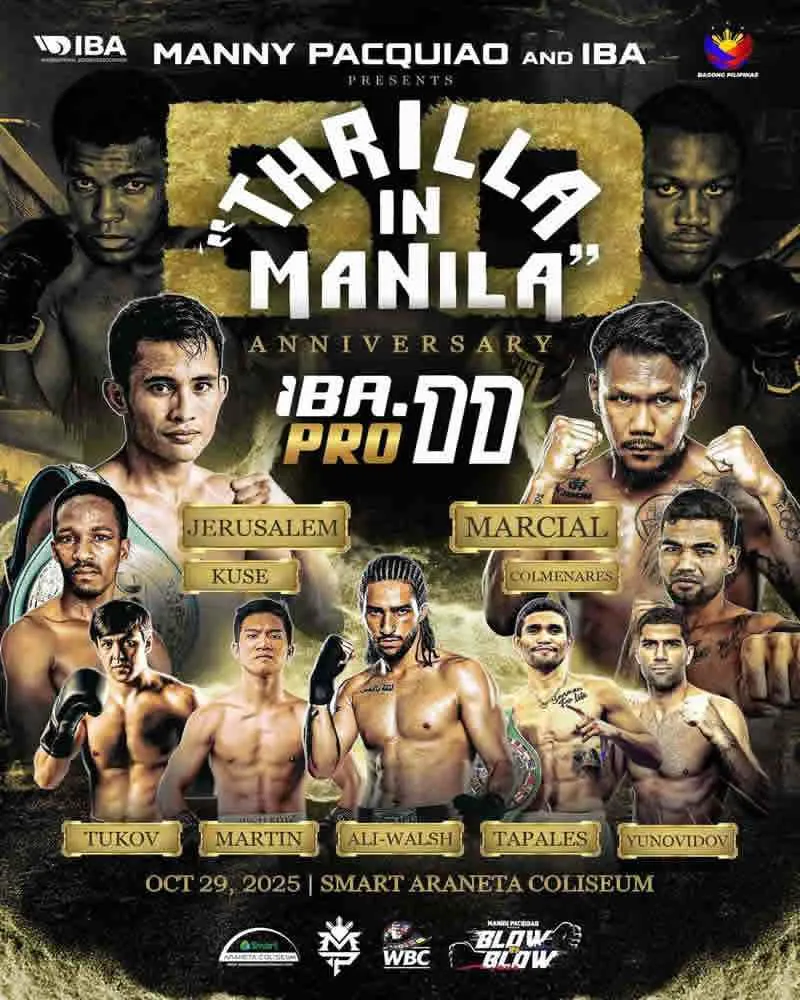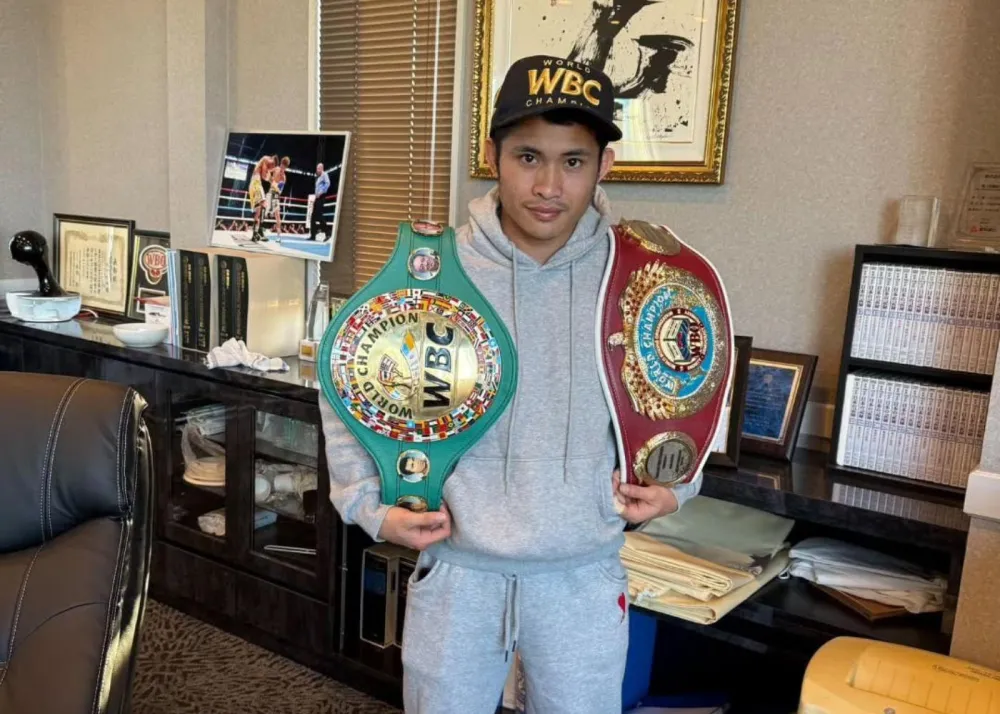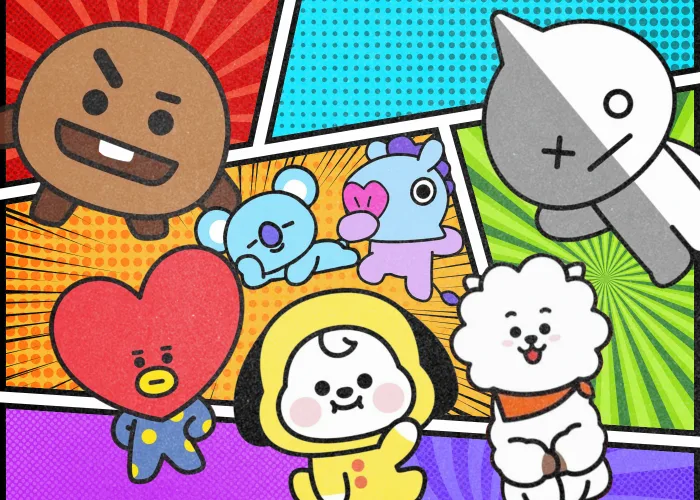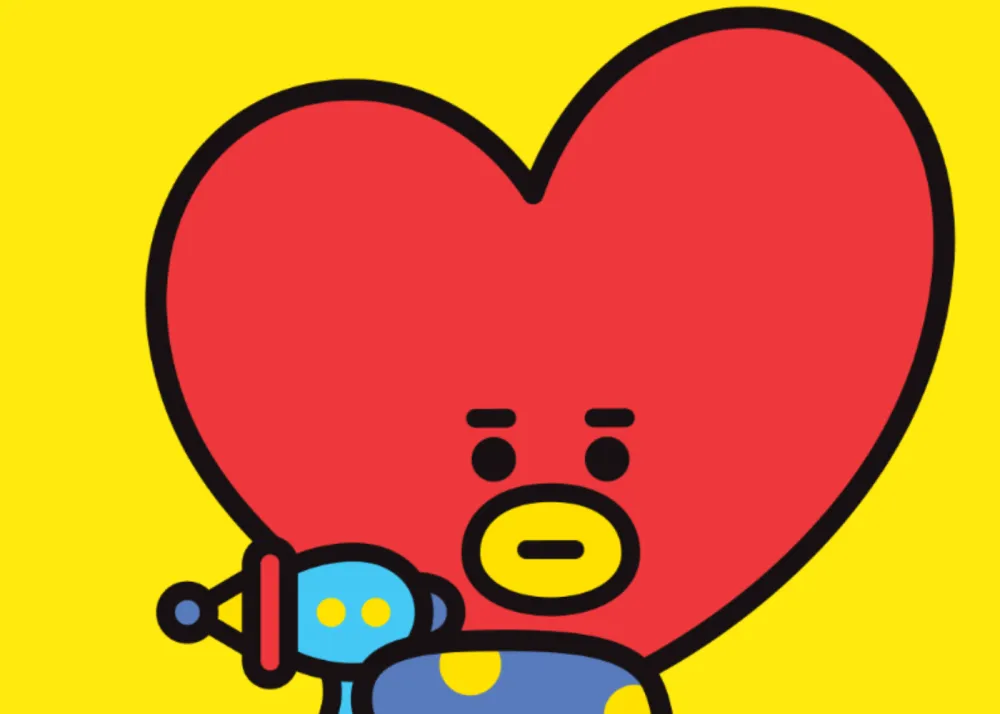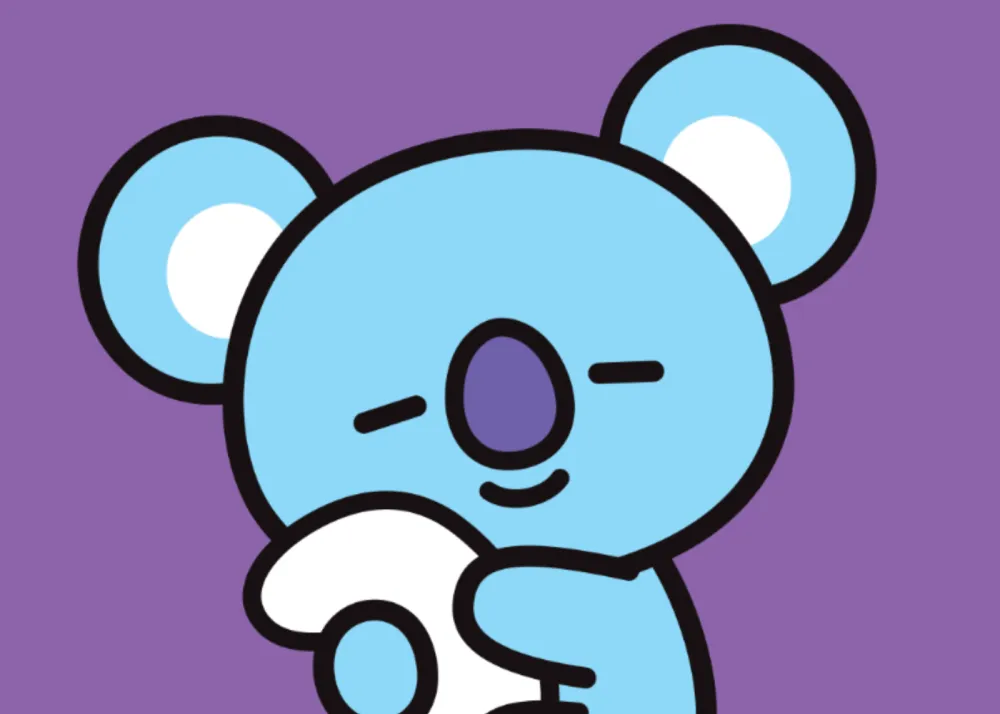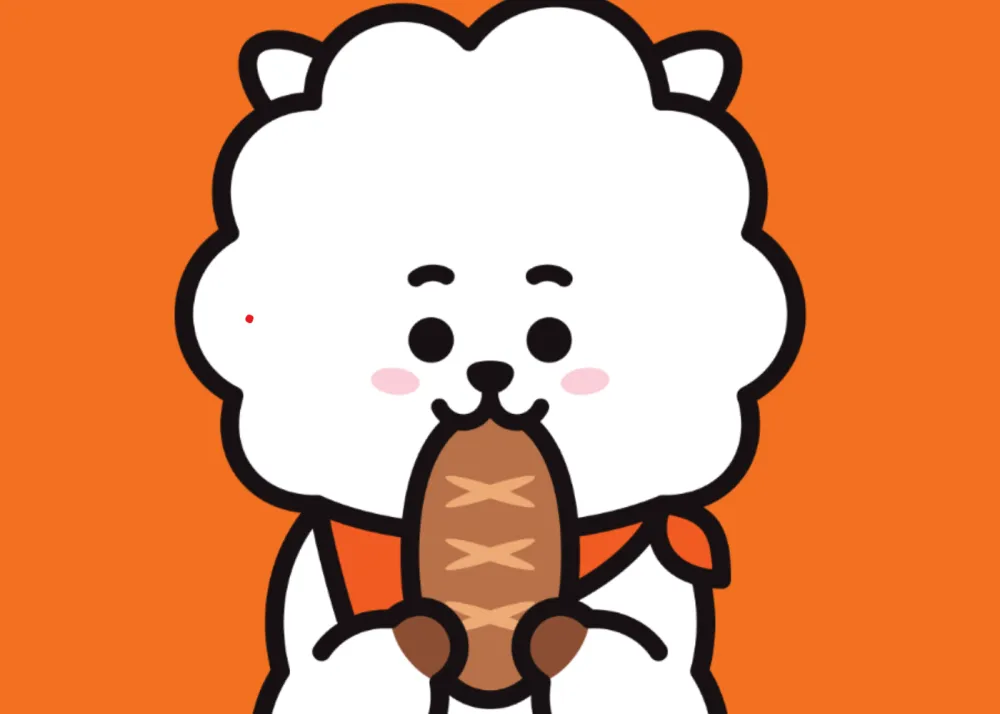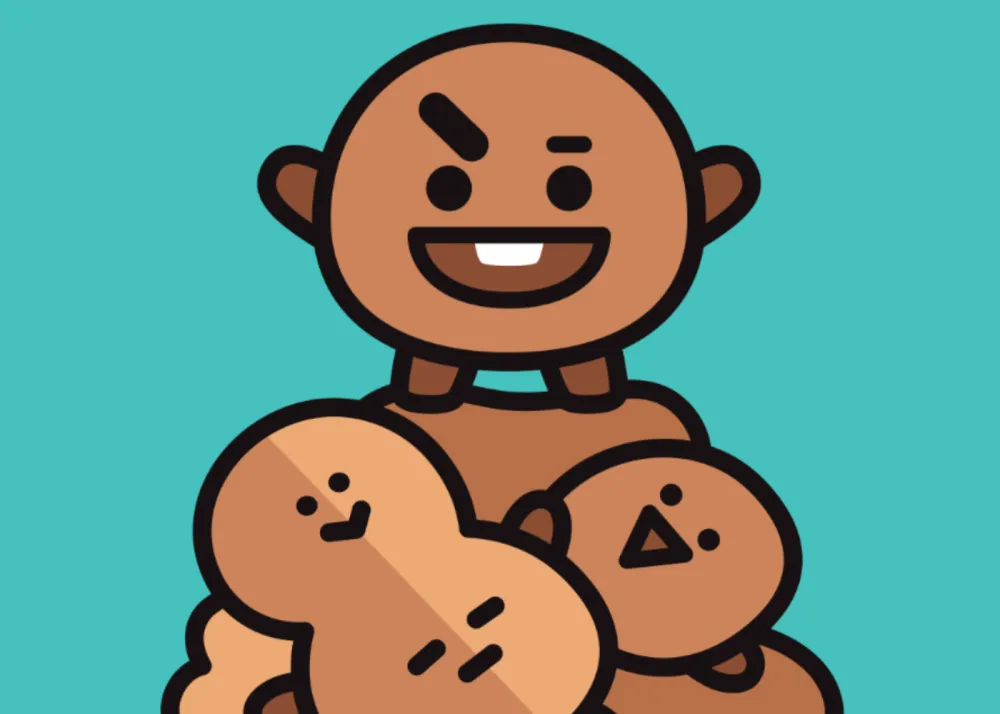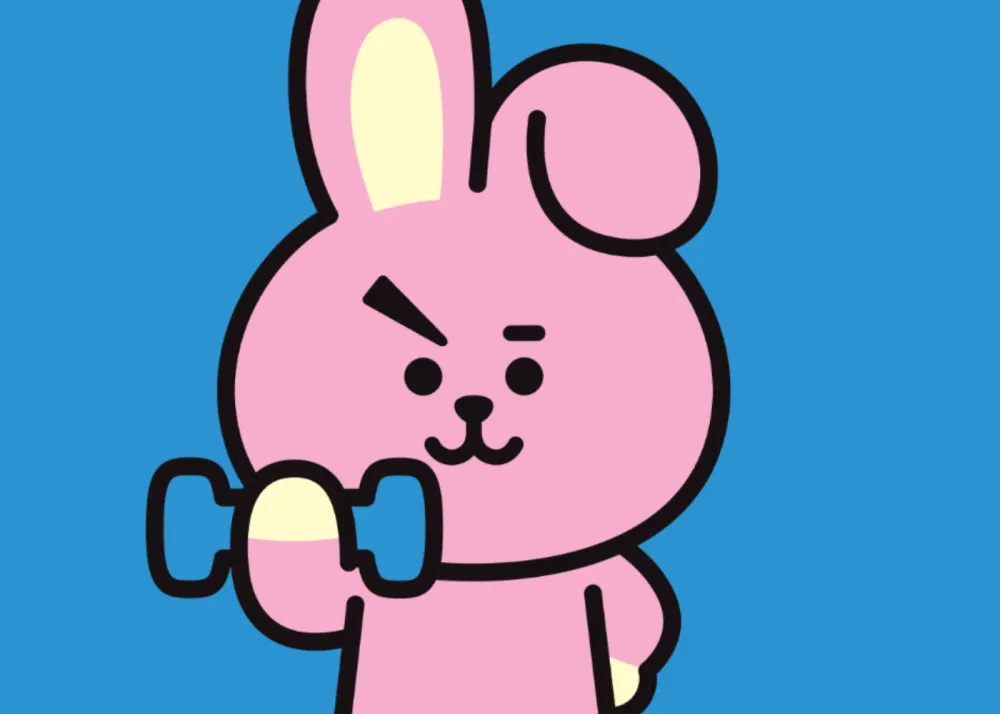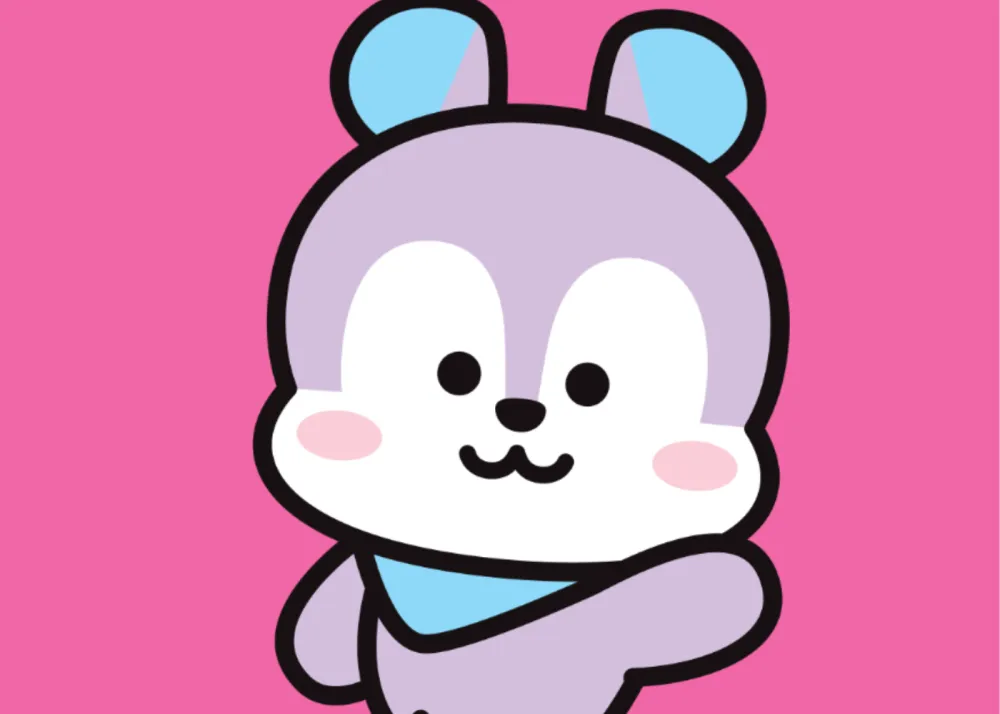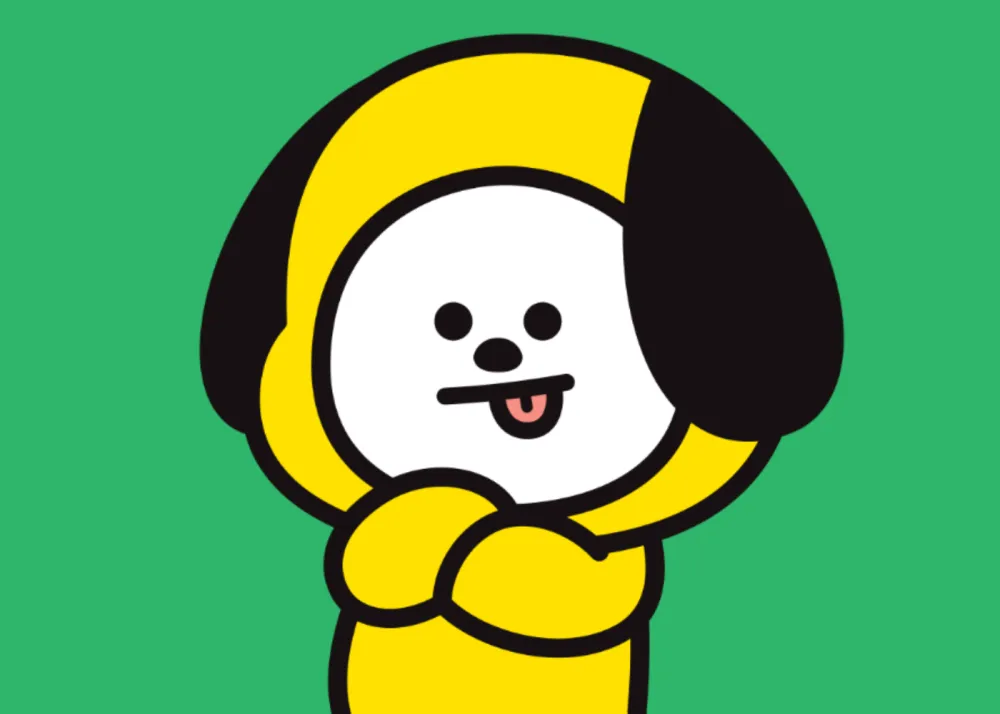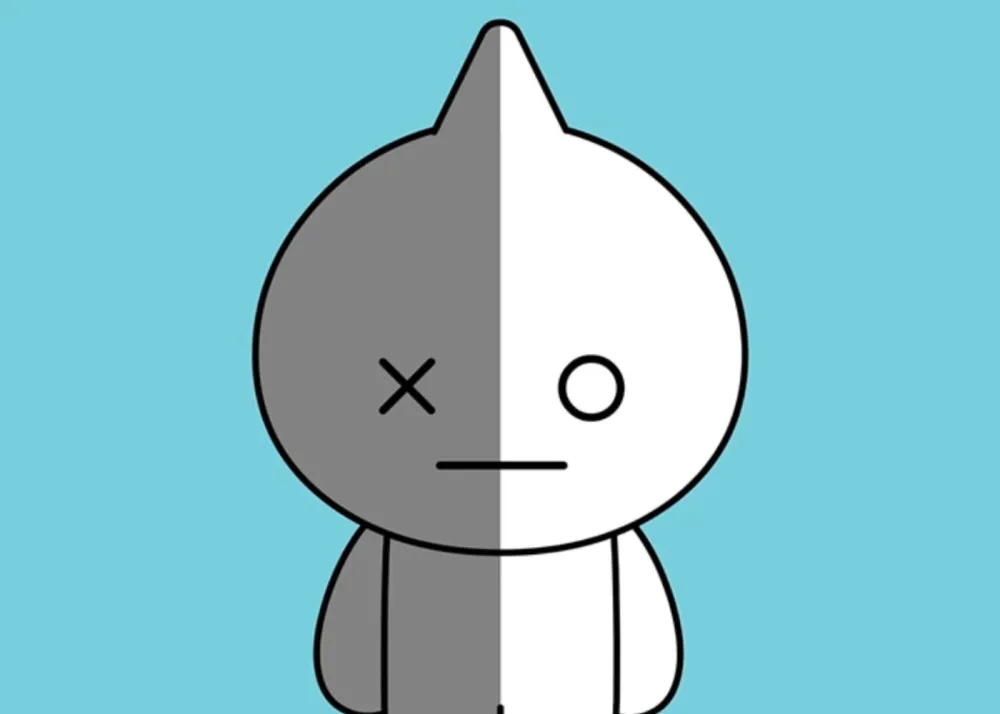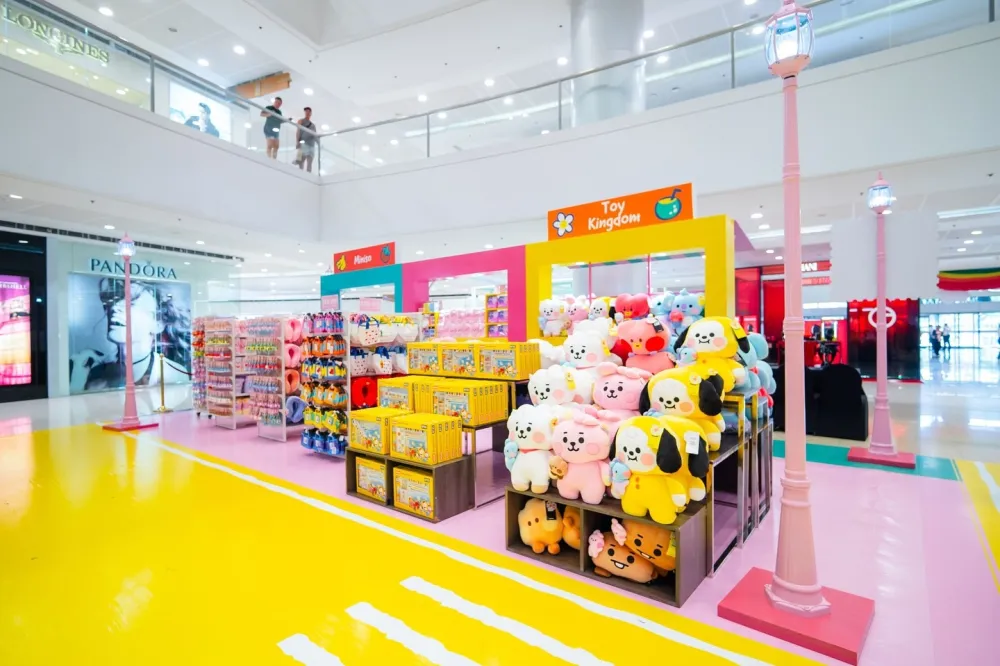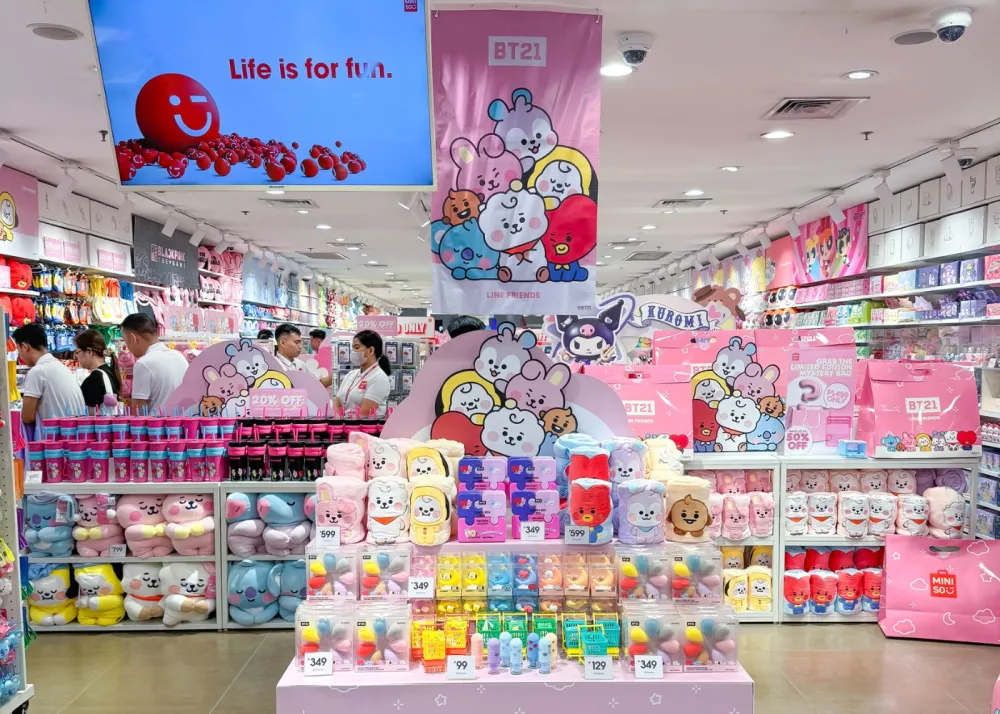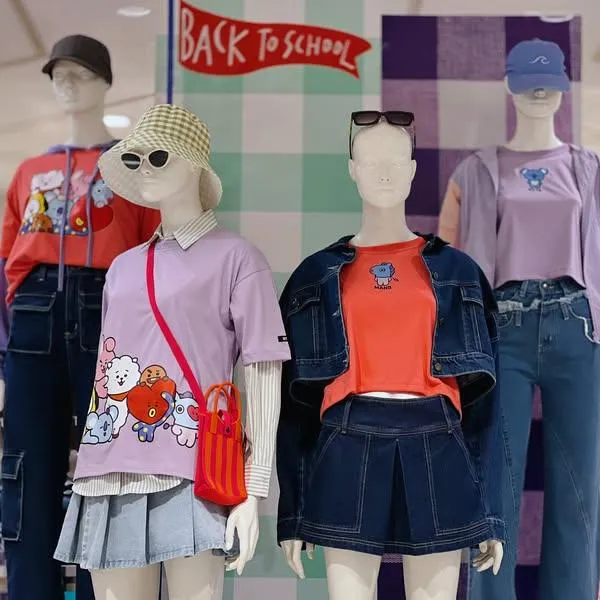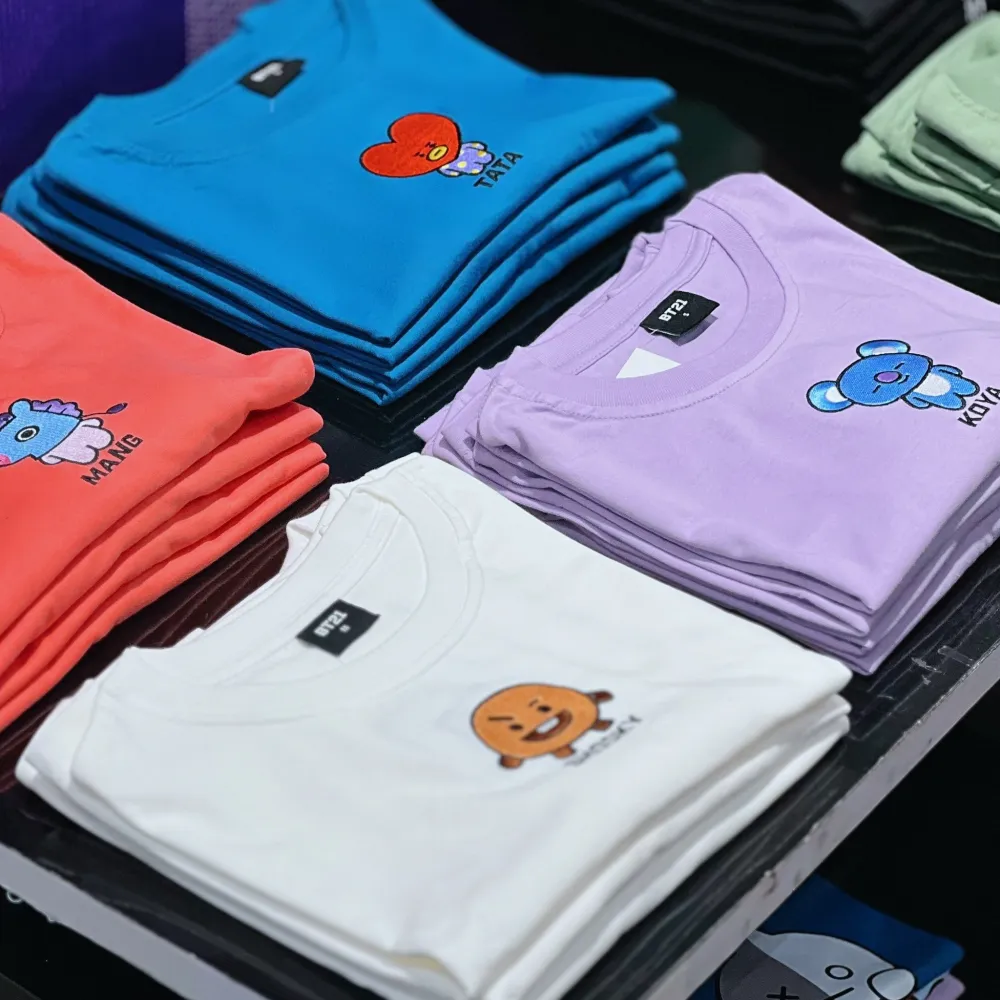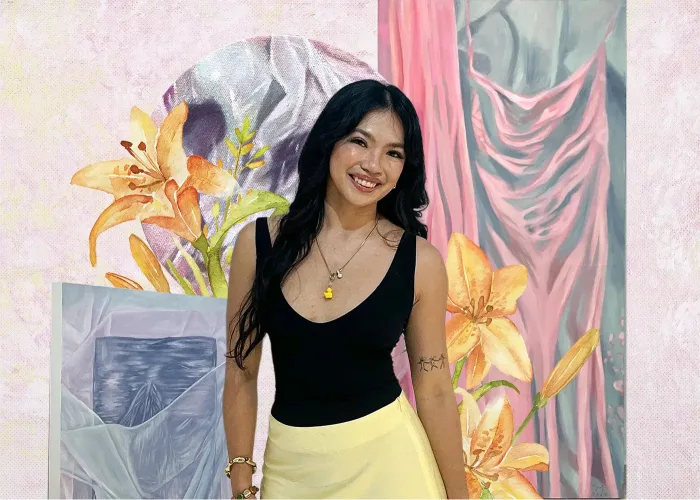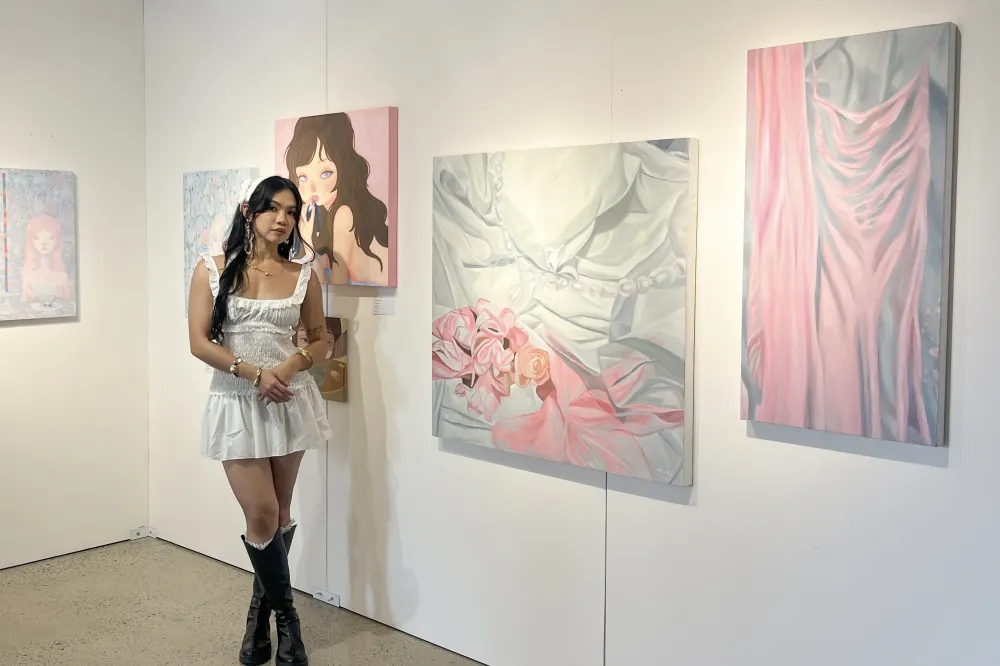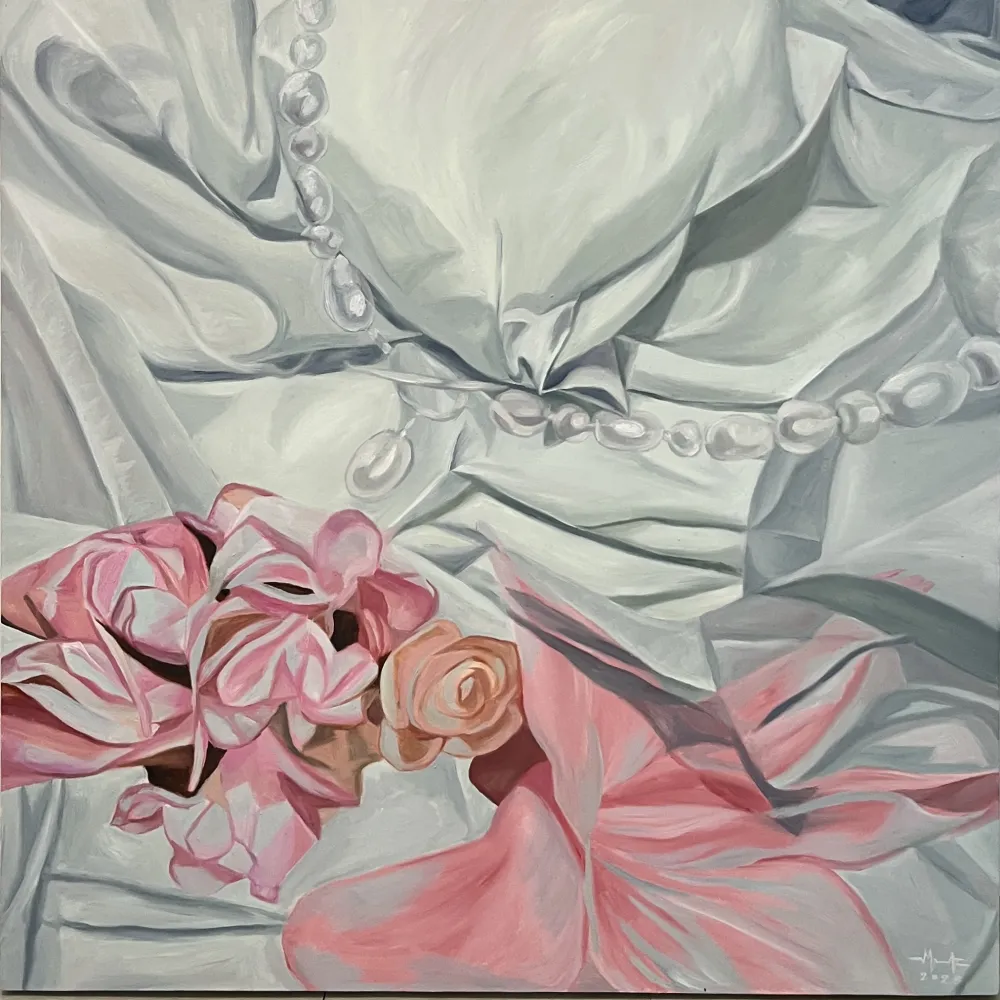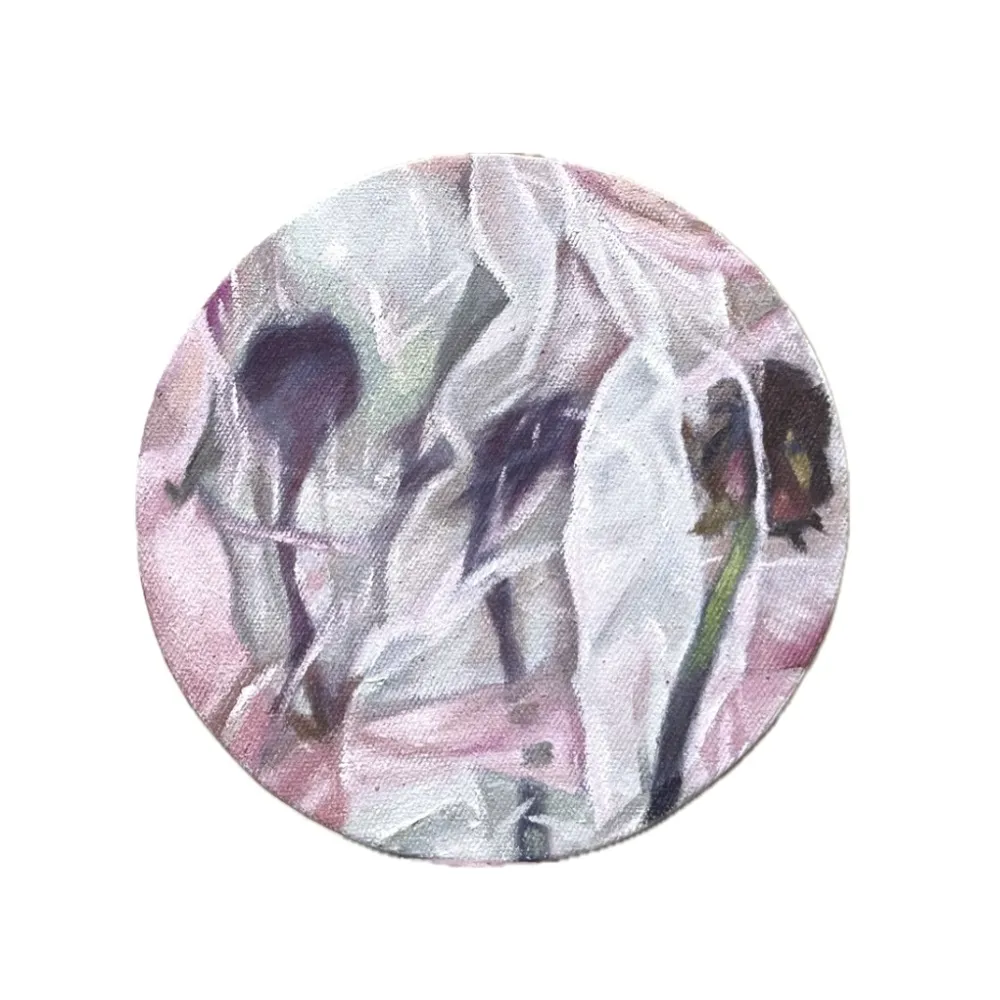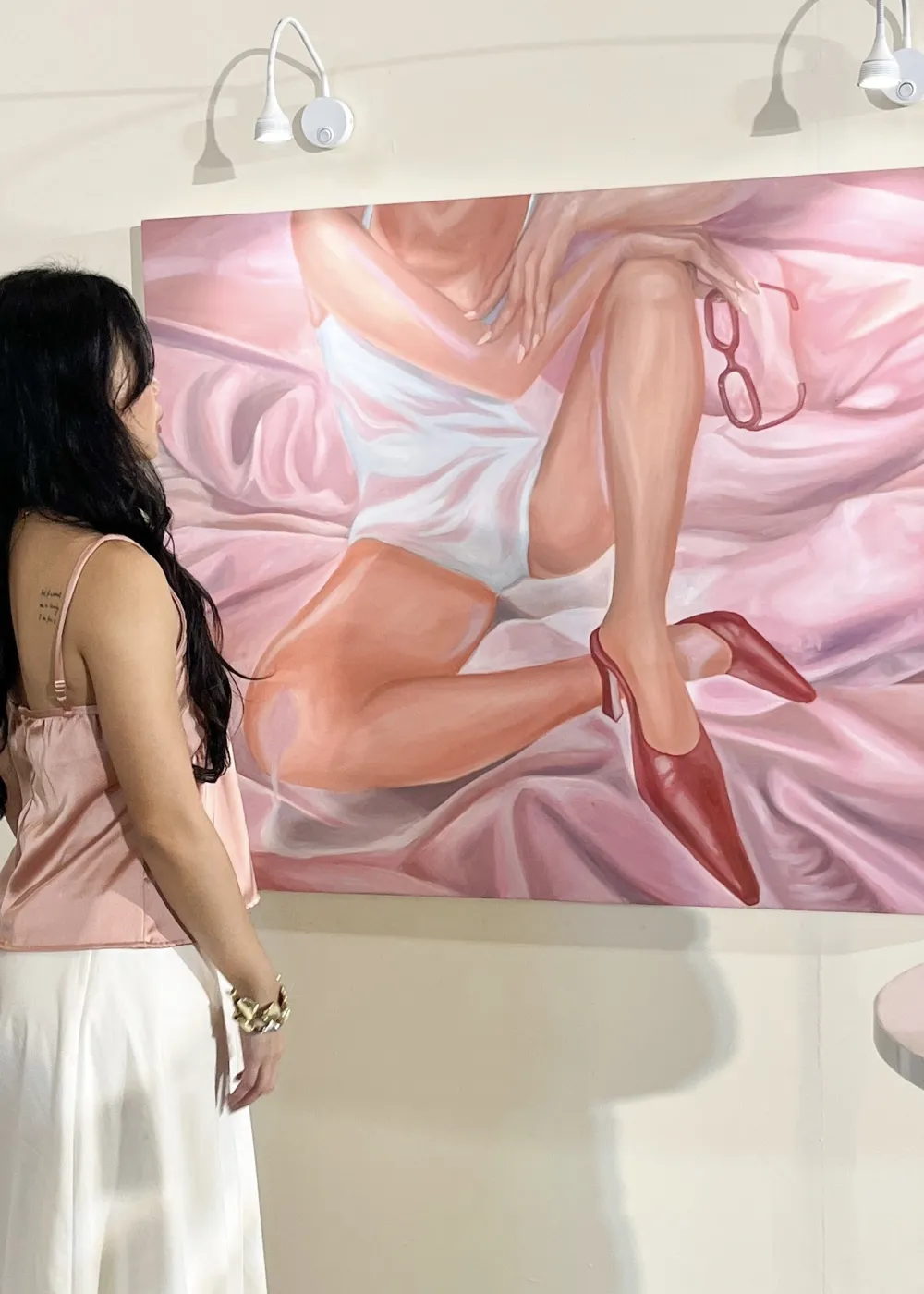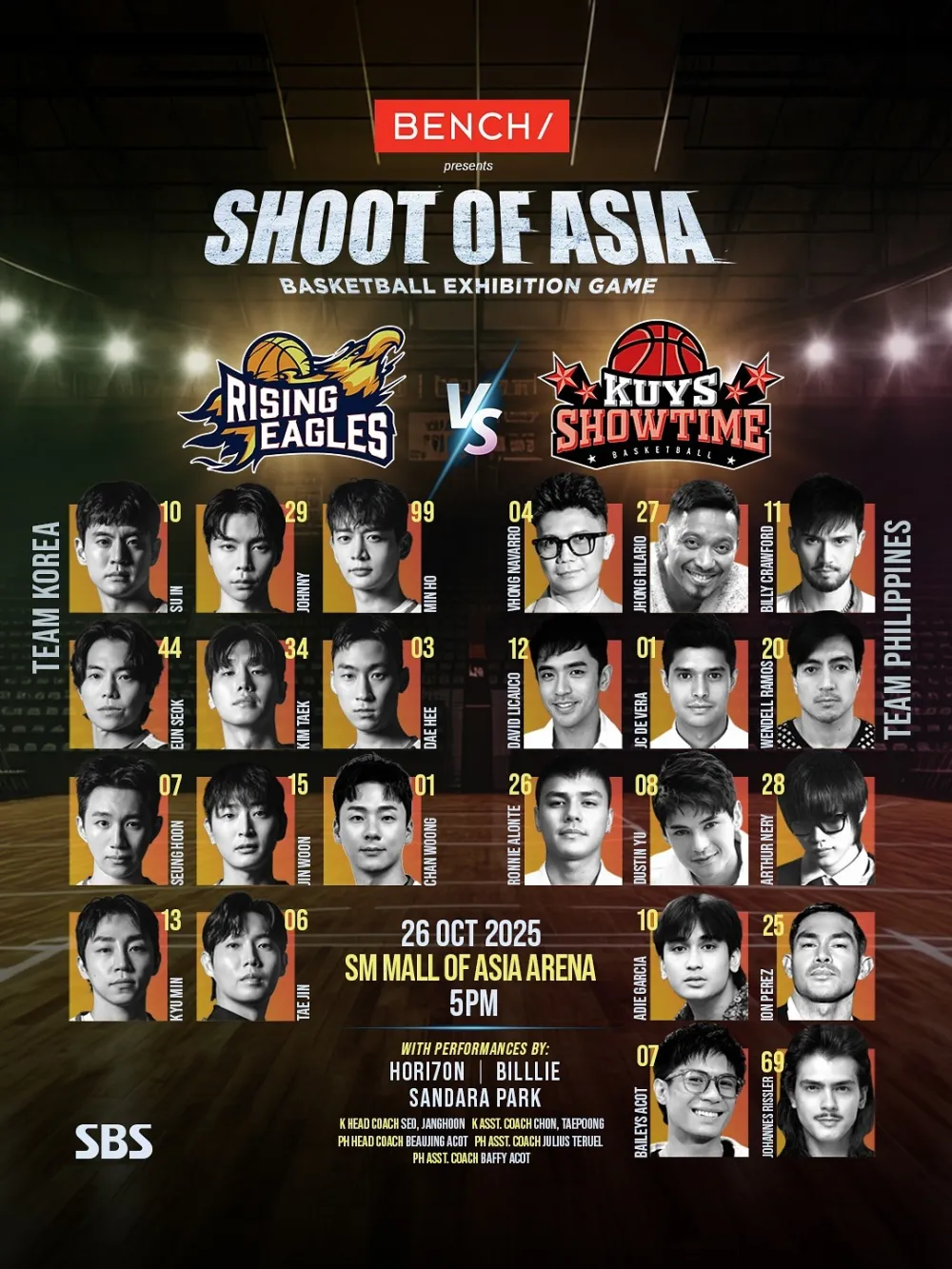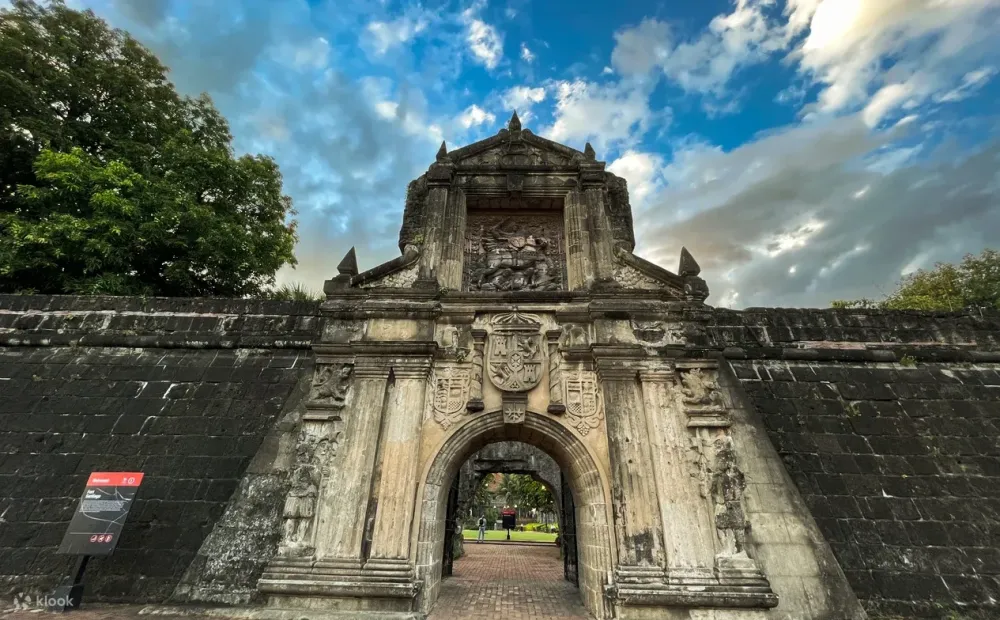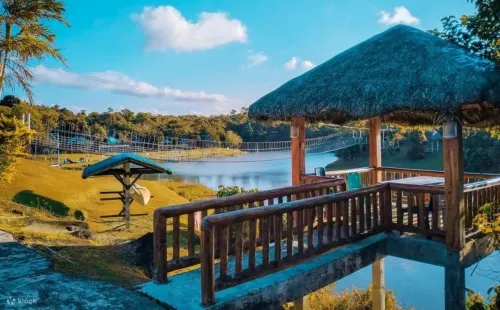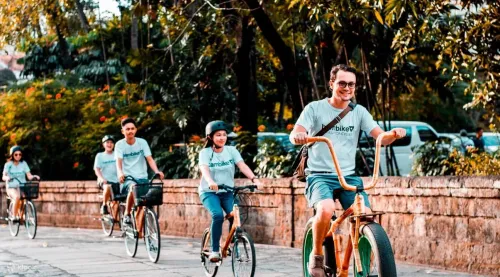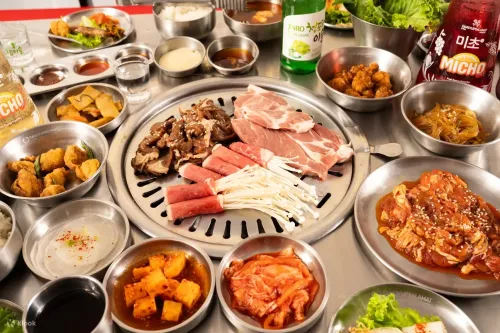Claire Betita De Guzman On Writing with Purpose and Honoring Your Progress

Writing, like any undertaking, comes with intentions. When you ask people why they want to become a writer, words like “bestseller” and “royalties” often come up in the conversation. Although being a writer can indeed provide prestige and recognition, Claire Betita De Guzman writes not for fame but for the chance to cause a shift in her readers through the stories that she writes.
Known for her romantic chick-lits including the bestseller-turned-TV series “No Boyfriend Since Birth (NBSB)," Claire considers herself called to write. From an early age, she had been a voracious reader, reading anything she could get her hands on from fiction classics by well-known authors like Agatha Christie and Stephen King down to the random magazines she found lying around the house. She graduated with a degree in Journalism from the University of the Philippines (UP) Diliman, and pursued a career not only as a book author but also an editor for several publications including Cosmopolitan Philippines and Harper’s Bazaar Singapore.
With the release of her new novel, “Hue City,” under Penguin Random House Southeast Asia, Claire fulfills her longtime dream of penning a piece of literary fiction. We sat down with the author to learn more about the inspiration behind her incredible new title, the fascinating story of how her debut novel was developed into a TV series, and how writing has saved her life.
Oh, and read on 'til the end because we’ve got the scoop on her next release!
Hi Claire! Can you tell us when you began writing? Was it something you always wanted to do?
Yes! I have always wanted to be a writer. I wrote my first poem at age nine as a class activity, and I discovered that it was fun and effortless for me to “arrange” words. I wrote the first of several short stories — 40 pages long and typewritten, since we didn’t yet have computers in the eighties — at age 13. It was about my barkada (friend group) in school and our crushes.
I have also kept a journal since I was young. I had read about diaries, and I managed to convince my parents to buy me a small, pink, hardbound diary with a lock, an actual lock with a tiny metal key! I recorded what I did during the day, which eventually gave way to recording how I felt about certain things.
I had a chaotic childhood and looking back, I felt it was writing that helped me get through my dysfunctional family. I would not be functioning today without having written all those emotions — frustrations, longings, and yes, joys — in my journals. It is true that writing heals. Writing saved my life.
That sounds amazing! Can you tell us about your debut novel, “No Boyfriend Since Birth,” and what inspired you to write it?
I am, and will always be, a romantic. I also tend to romanticize a lot of things. I’m curious about people, and I’m always interested in everyone’s love life. So when I started hearing friends and colleagues say that they haven’t yet experienced having a boyfriend or being in a love relationship — my mind started working. Initially, I thought that they were “in between relationships.” But soon enough, I realized that they have never had a boyfriend…since birth!
I mentioned that phrase to my editor at Summit Books, Tara FT Sering. She said, “That should be the title of your book!” So NBSB, the book, was born! I really wanted to write it because it’s a story about empowerment. I wanted to tell a story that would empower women to take action in love and in life, and to not wait for things to happen.
What was it like when you found out it was being adapted into a television series?
A few months after NBSB was published, I got a phone call from someone at Unitel Productions. A producer, Tony Gloria, was interested in making a movie based on it! It felt surreal. The story was, Mr. Gloria had been seeing the books in National Book Store and he asked which ones were the bestsellers. He was told that it was NBSB. We eventually met with my publisher, and there were talks about directors, scriptwriters, and budgets.
However, it wasn’t until a few years later that the onscreen adaptation came through. And this time, Unitel was no longer making a movie, but a TV series that would be aired on TV5. We had a flurry of contract signings, and soon, I learned that it was Alessandra Rossi and Joross Gamboa who would be starring in the series.
I don’t have experience in screenplays or productions, so I was totally okay with not being involved in the making of the series. I was already so thrilled, grateful, and even unbelieving that NBSB was going to be adapted into a TV series. I felt, at that time, that it was a perfect way for the story and its lessons to reach a wider audience — and empower more women (and men!).
And now you’ve released your sixth novel, “Hue City.” What was the inspiration for it?
One main inspiration for “Hue City” is the concept of starting over. I have always believed in the power of fresh starts and second chances. I wanted to write the story of three people with very different challenges living in Manila, Singapore, and Hue City Vietnam. So, I created three characters with vastly different backgrounds who are desperate to change their lives for the better, and their various ways of trying to achieve this goal.
Hue City is the story of Carmen, a member of the Ativan Gang in Manila who scams solo tourists; Hai, a hotel receptionist, tour, and part-time pimp in Hue City; and Marina, a Filipino-Singaporean in Singapore who seems to have it all, but has a toxic past.
I am also inspired by Southeast Asia and all the unique stories, experiences, and cultures that we have. I wanted to bring these stories to a global level. I have been living in Singapore for 18 years and have traveled to 51 countries. I realized that I have a special affinity with Vietnam, in particular, with Hue City, which was the former imperial capital of Vietnam during the Nguyen dynasty. These dynasties had rules such as having at least 35 kinds of dishes for each meal and placing tea leaves inside lotus flowers so they would be sweet-smelling when brewed. This concept of life, philosophy, and personality still extend to the people in Hue; so I thought that Hue City was the perfect setting for a story about starting anew.


As I’ve been living in Singapore for 18 years, it was natural for my experience — as a foreigner in a country that wasn’t my own — to seep through the stories I write. In the novel, it was organic that there were themes, scenes, chapters, and lots of questions by my characters about transitions and belonging.
I’ve also been fascinated by scams, and so the book starts with a scam. All scams and modus operandi feel like a secret that needs to be uncovered or decoded. I’d always think: “The audacity!” — and marvel at how these people are in a way, so brave.
Since this story is told from multiple points of view, was it a challenge having to maintain voices for each of these characters?
It was challenging to write a novel with multiple points of view, just because the story and its events need to flow seamlessly. For me, that was the challenge — making sure that there was an even flow and readers don’t get confused with what’s happening.
As for maintaining their voices, it wasn’t difficult for me. In fact, I enjoyed writing the dialogues as well as each character’s thoughts and perspectives. I think this is because I know each character to the core, and have assigned them different values. One technique I’ve learned in writing characters is to think of a single word that encapsulates that character and write everything from there. For the record, one word I used for one of my characters, Hai, is “rage.”
For me, it was fun and liberating writing from the perspective of three different characters. I liked the “option” of seeing and reacting to a situation from multiple perspectives. It also helps me empathize with the characters, especially because they are good people doing bad things.
Do you have a favorite among your published works?
My favorite is “Hue City.” It is the kind of book that I would love to read, and the books that I love to read are those with stories that are heart-breaking yet hopeful. “Hue City” is the kind of book that can hit a nerve. Reviews have been coming in, and many reviewers have expressed how the story of each character stayed with them long after they’ve finished reading the book. Some have said that this book has left them dazed. That this book had them guessing the plot, and that some parts made them tearful. This only means that they’ve become invested in the story and the characters and that somehow, I’ve created a shift in them.

How would you describe your writing style? What genre do you lean more into when it comes to writing fiction?
My writing style has been described as reflective, thoughtful, emotional, melancholic, and sometimes even grim. One of my former teachers in UP, Jose “Butch” Dalisay, Jr. once described the humor in my fiction short stories as “dry.” My tutor in Oxford, where I took writing courses, labeled early chapters of “Hue City” as “nuanced and economical.” That same tutor compared my writing voice to Nigerian novelist and poet Chinua Achebe, whose work was pivotal in African literature.
When I write, each sentence has a purpose, and that is to move the story forward. On genres, I tend to lean towards literary fiction, contemporary fiction, and women’s fiction.
You’re not only a fiction author but also a journalist and editor. Do you enjoy one more than the other?
I enjoy fiction writing the most. It is not easy, but it’s my true calling. I thrive in creating the inner lives of characters. I like making up stories, creating and dreaming up characters and imagined situations. Like reading, writing fiction allows me to be in another world, and that world can be anything — it can be dangerous, uncomfortable, and chaotic and/or outrageous, romantic, and wildly entertaining — experienced and enjoyed from the comfort and safety of my desk.
The second thing I enjoy is editing. I’ve been an editor for magazines, handling lifestyle sections and managing a team of writers. I find great satisfaction in taking a piece of writing, and then trimming and coaxing out the right words so the piece transforms into something even better. My goal when editing is to help a piece of writing be more digestible, clearer, and publish-ready so readers can truly enjoy, understand, and appreciate it. Editing is a creative act for me.

Having been in this career for many years, do you still get writer’s block?
It’s funny because I don’t believe in writer’s block anymore. But I do acknowledge that writers get stuck at some point when writing their pieces, whether it’s a novel, a poem, an essay, or a short story.
When this happens, I leave my desk. I do self-care. I do other things that give me joy. The important thing is to be compassionate to yourself when you feel you can’t seem to write anything. It’s important to forgive yourself for “not writing.” Taking care of yourself, having a rest, and honoring your progress are all ways of taking care of the writer [you] who will eventually be doing the writing.
What’s the best advice you’ve gotten about writing?
As a novelist, I know that writing a novel is a long process. It can take years; you need to produce, create, write, and thresh out hundreds of pages, and thousands of words in the most beautiful way possible. It requires lots of creativity and imagination and, most of all, it requires endurance. I’ve learned to honor, recognize, and celebrate what I’ve accomplished — what I’ve written so far, for me to move forward. It’s like holding your friend’s hand and saying, “May nagawa ka na, and kaya mo pa (You’ve done something, and you can still keep going)."
“Done is better than perfect” is the practice of letting go. I don’t want to admit it, but I am a perfectionist and many of us are! I have sabotaged myself numerous times by trying to perfect a piece of writing, even at the expense of being late. And sometimes, it may just be too late. With this advice, I’ve learned to let go of many things.
How about your advice for aspiring writers?
Write every day. I write first thing in the morning. It sets my day, and I feel I get to record my thoughts when I am my best self. Make writing a part of your life. It is not a hobby; it is not a start-and-stop thing. For me, it is a passion, calling, and a curse. It sounds dramatic, but I can’t live a day without writing something.
Also, read. I was a reader before I was a writer. I wanted to be a writer because books by authors like Margaret Atwood and Butch Dalisay moved me. In connection to that, know your “Whys.” As I grew older, I met more and more people who seemed to have “decided to be a writer” because they felt it was prestigious. My advice is to reflect on why they have chosen to write. And this is important because it will guide them on what they will write in the future, and how their writing is. If it’s for “fame,” it will show and it will be short-lived.

Lastly, find or create your community. Know your readers and connect with them. We write to be read. We are nothing without our readers. Go out and attend writing and literary events and workshops if you can. They say writing is such a lonely undertaking, and while I don’t agree with this, I do know that a writer’s life will be made richer (and more fun!) in the company of other writers, readers, editors, publishers, and other creatives in the industry.
I’ve been so lucky to have a Street Team for “Hue City,” an amazing group of readers, book-stagrammers, and content creators to whom I’ve introduced the book and who helped me share information about it when it was newly released. However, it has evolved beyond “Hue City,” and now we have a growing, incredibly supportive community, one that helps connect writing and reading communities through book recommendations, writing projects, skill-sharing, and workshops.


So what’s next for Claire? Anything exciting we should look forward to next year?
I’m editing an anthology called “Plot Twist,” which is a collection of short stories, essays, poetry, and photography dealing with the topic of unexpected change, written by emerging writers and artists. It will be launched sometime in February 2025.
I am also working on my next novel, called “The Luckiest Girl,” which is another literary fiction piece about a woman who has attained everything she has ever dreamed of, only for it to crash down on her. It is set in Manila, Singapore, Paris, and Tbilisi, Georgia.
Want to meet Claire in person? You can catch her at one of her book events! In 2025, she will be speaking at the Mathrubhumi International Festival of Letters (MBIFL) — the biggest literary festival in South India, and will also serve as a panel at the Hong Kong International Literary Festivalin March.
As a proud Filipina, Claire actively promotes Philippine Literature and will be present at the Philippine Book Fair, and several other literary festivals in Manila and Singapore.
Follow her on Facebook and Instagram for updates on book releases and more bookish events. You can also pick up some of her fantastic titles here.
Get the latest curated content with The Beat Asia's newsletters. Sign up now for a weekly dose of the best stories, events, and deals delivered straight to your inbox. Don't miss out! Click here to subscribe.



